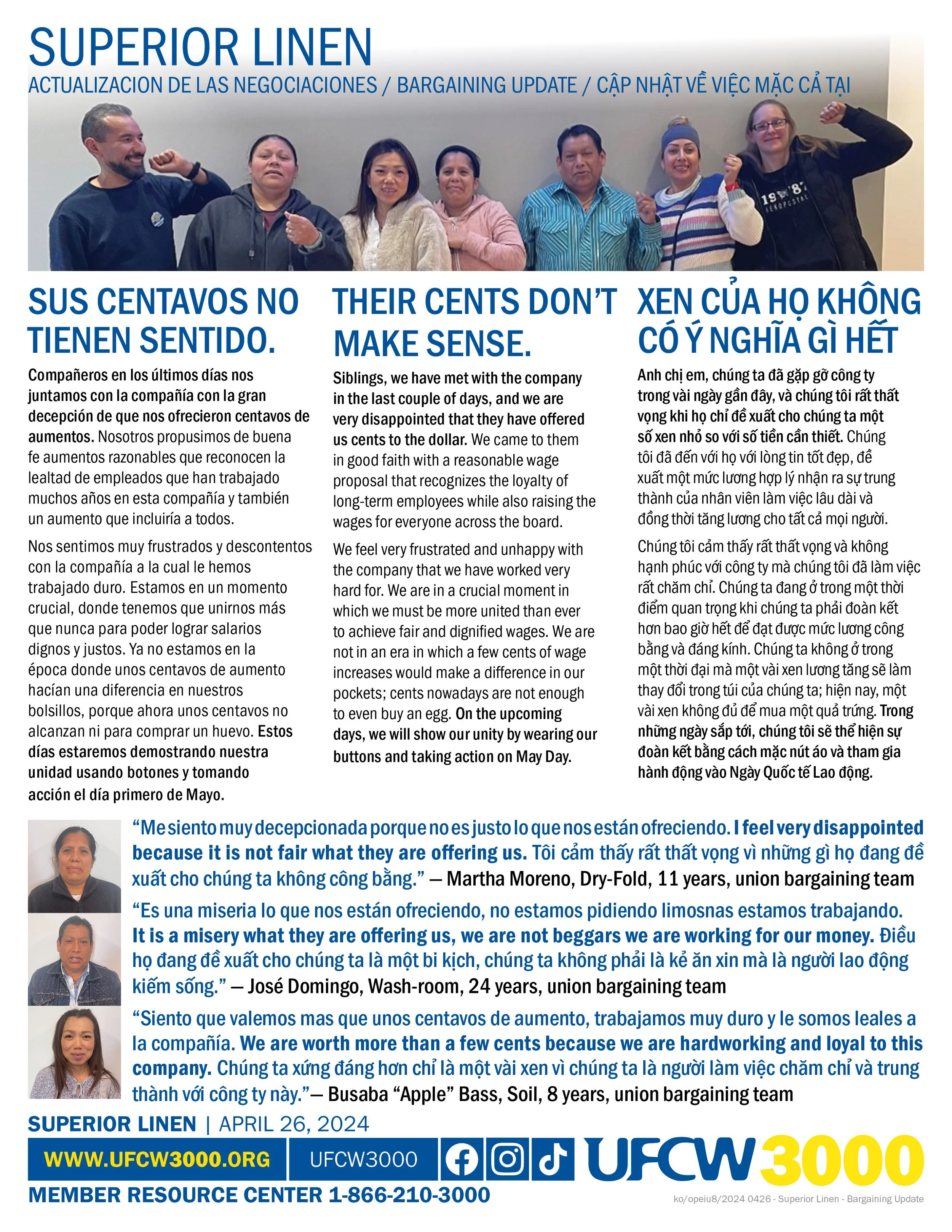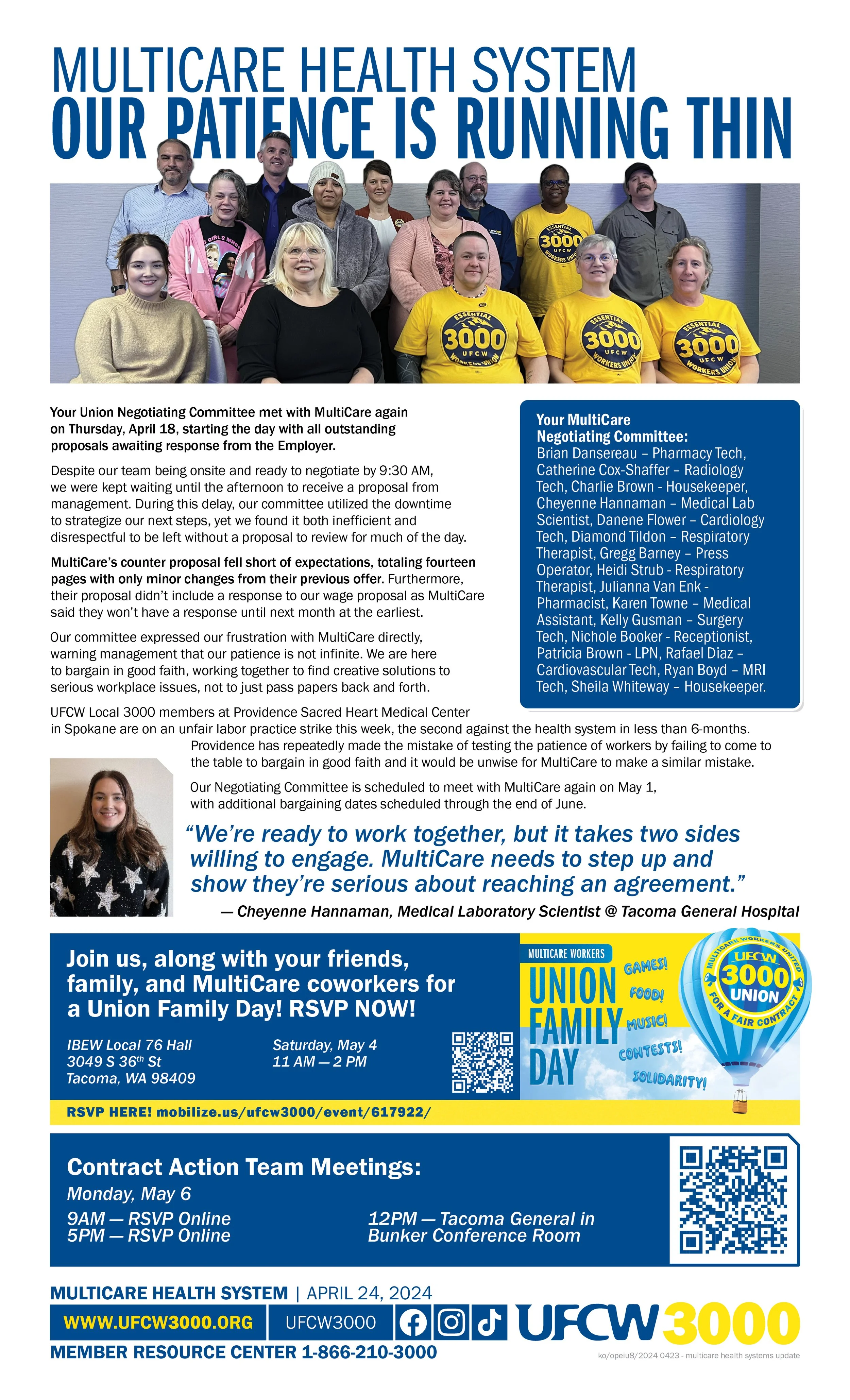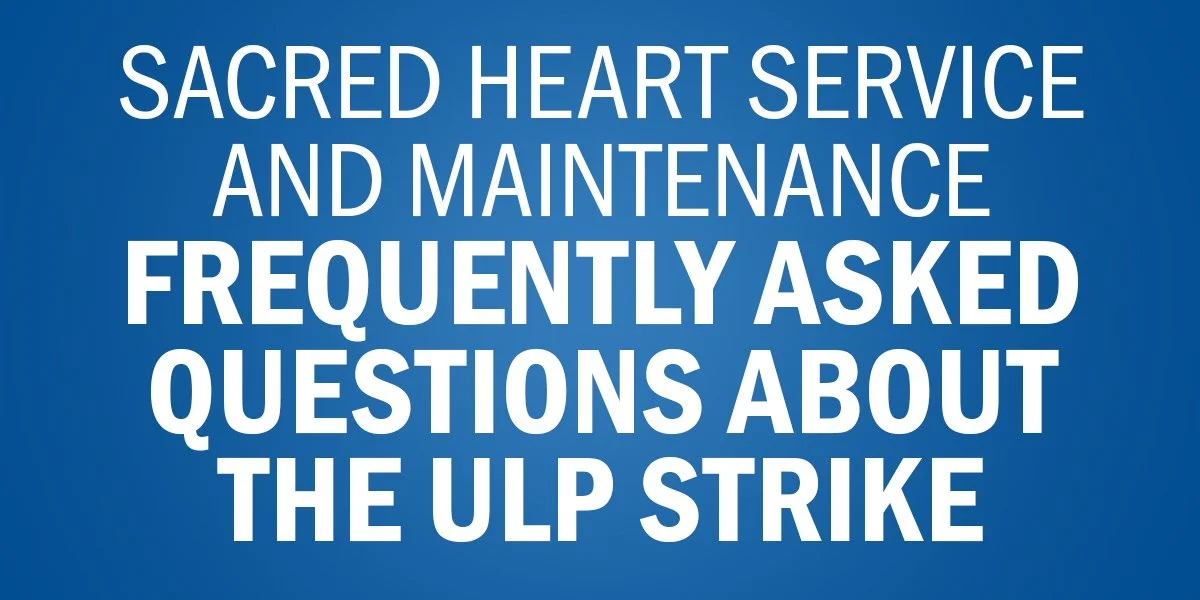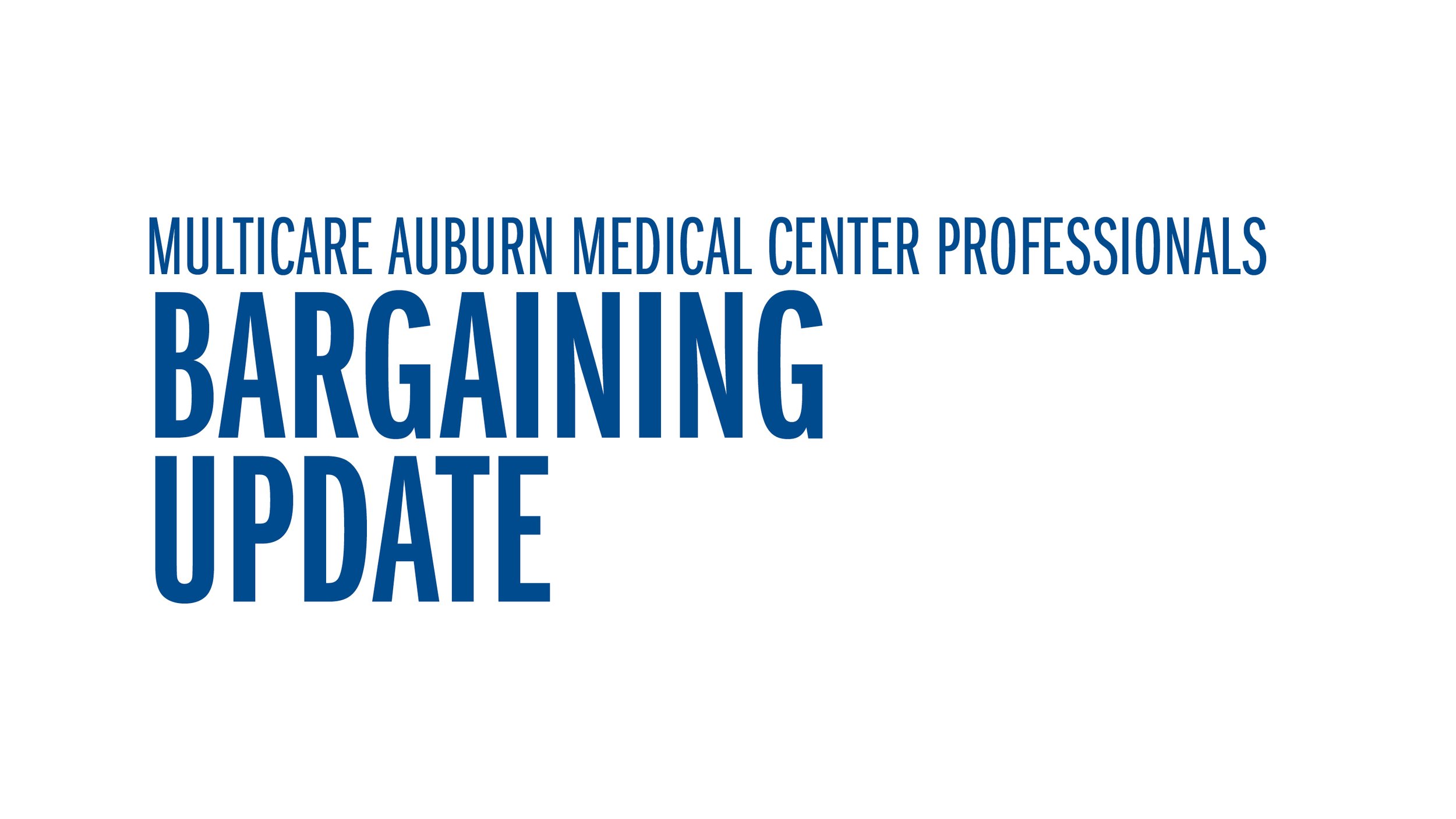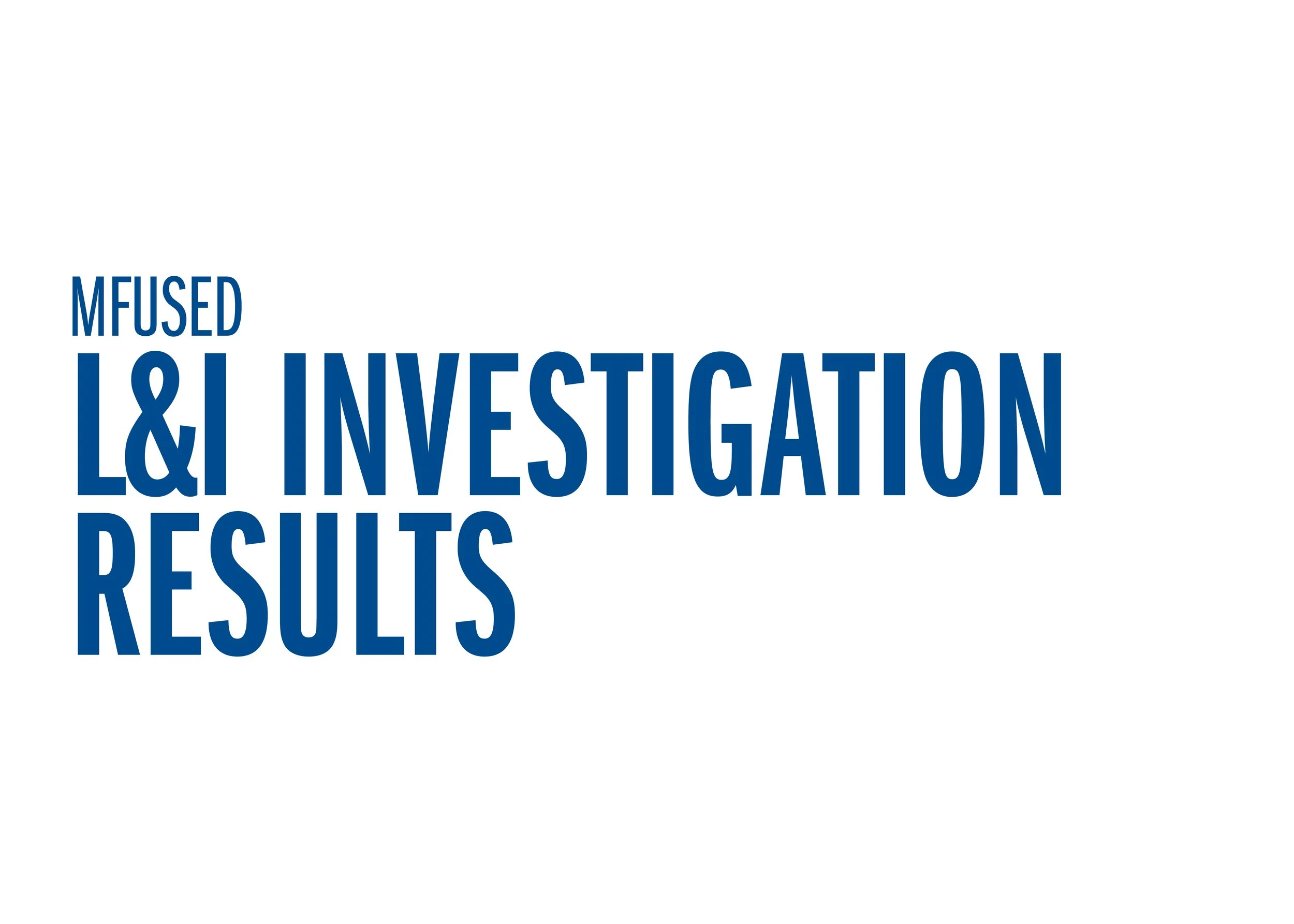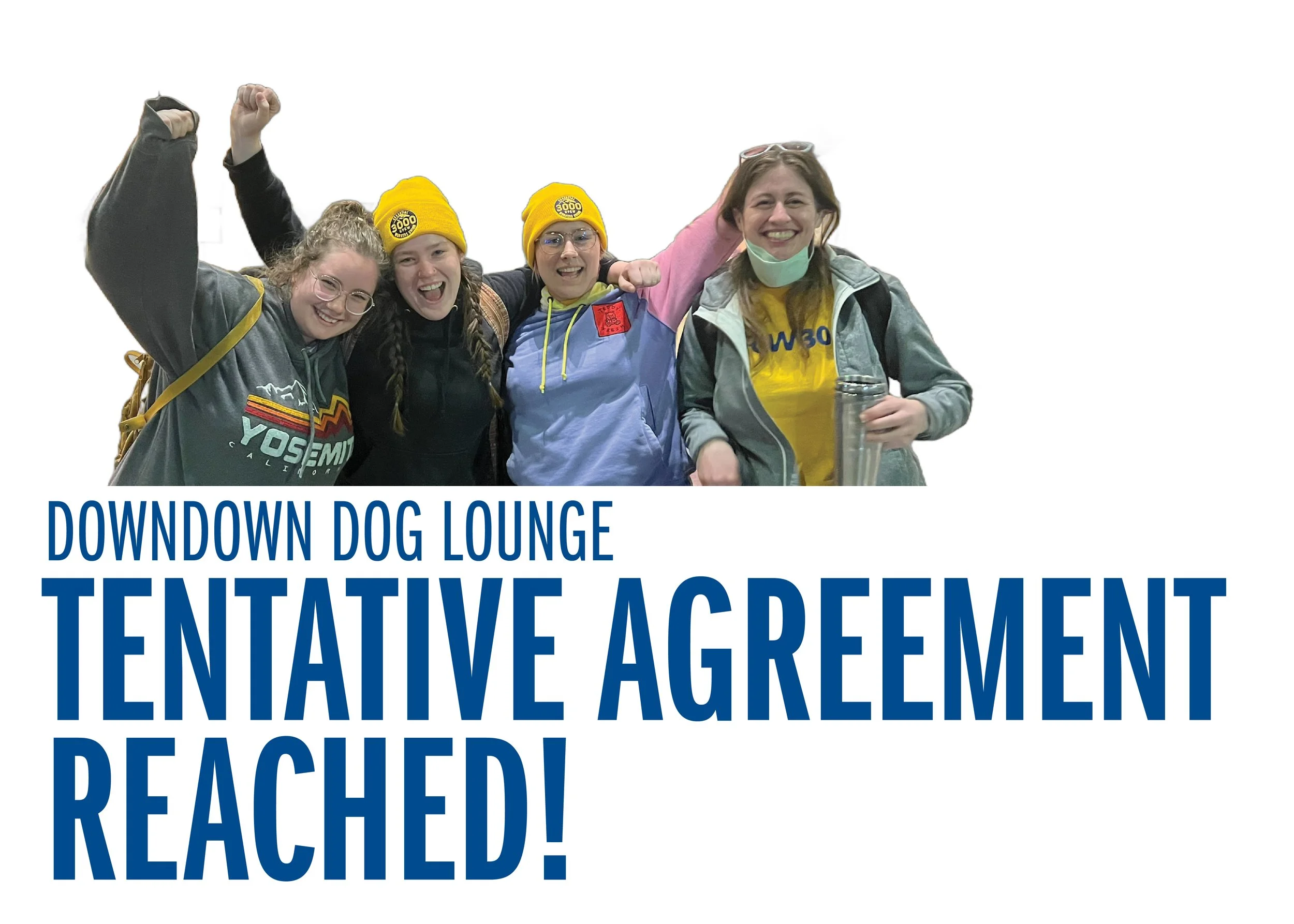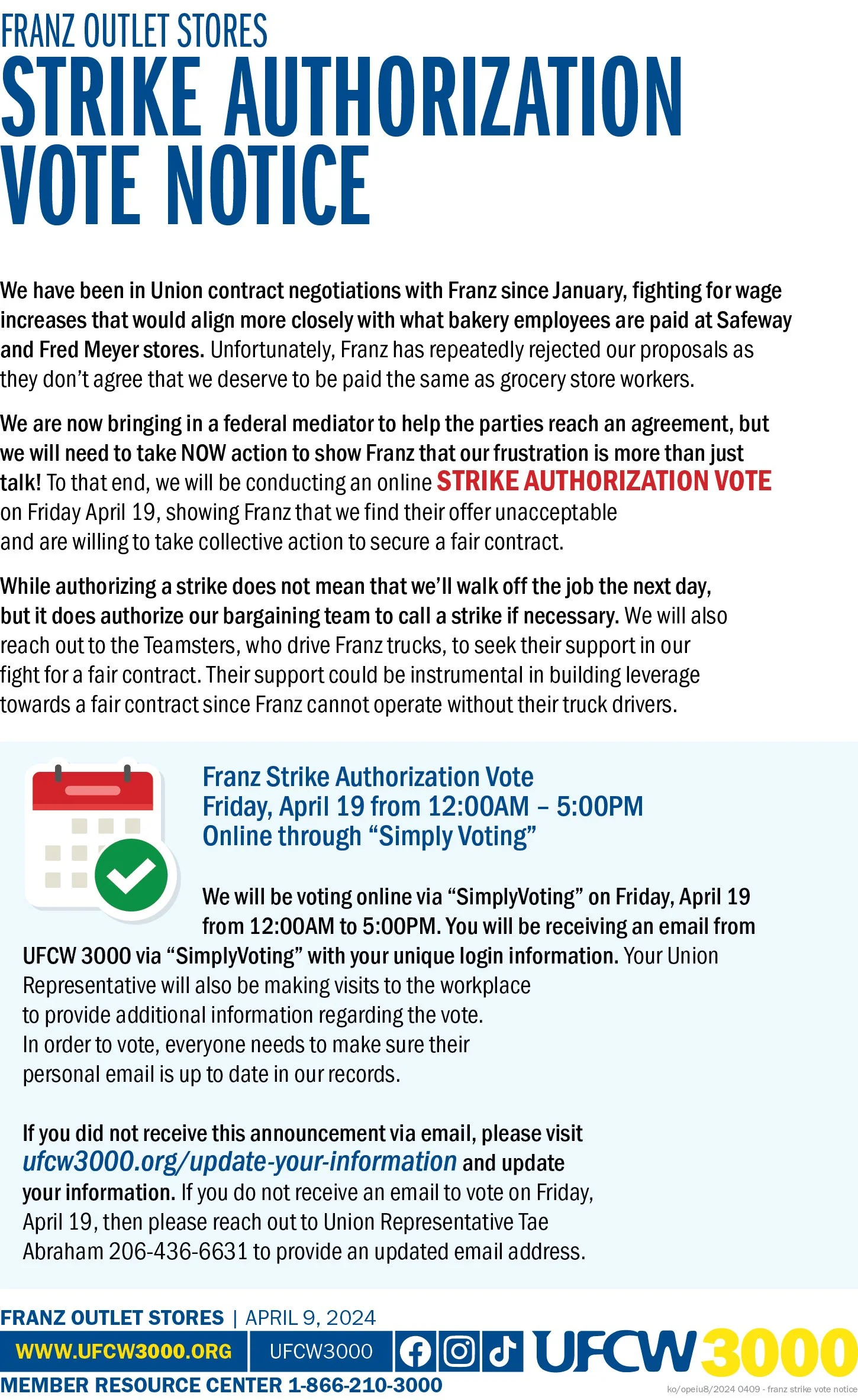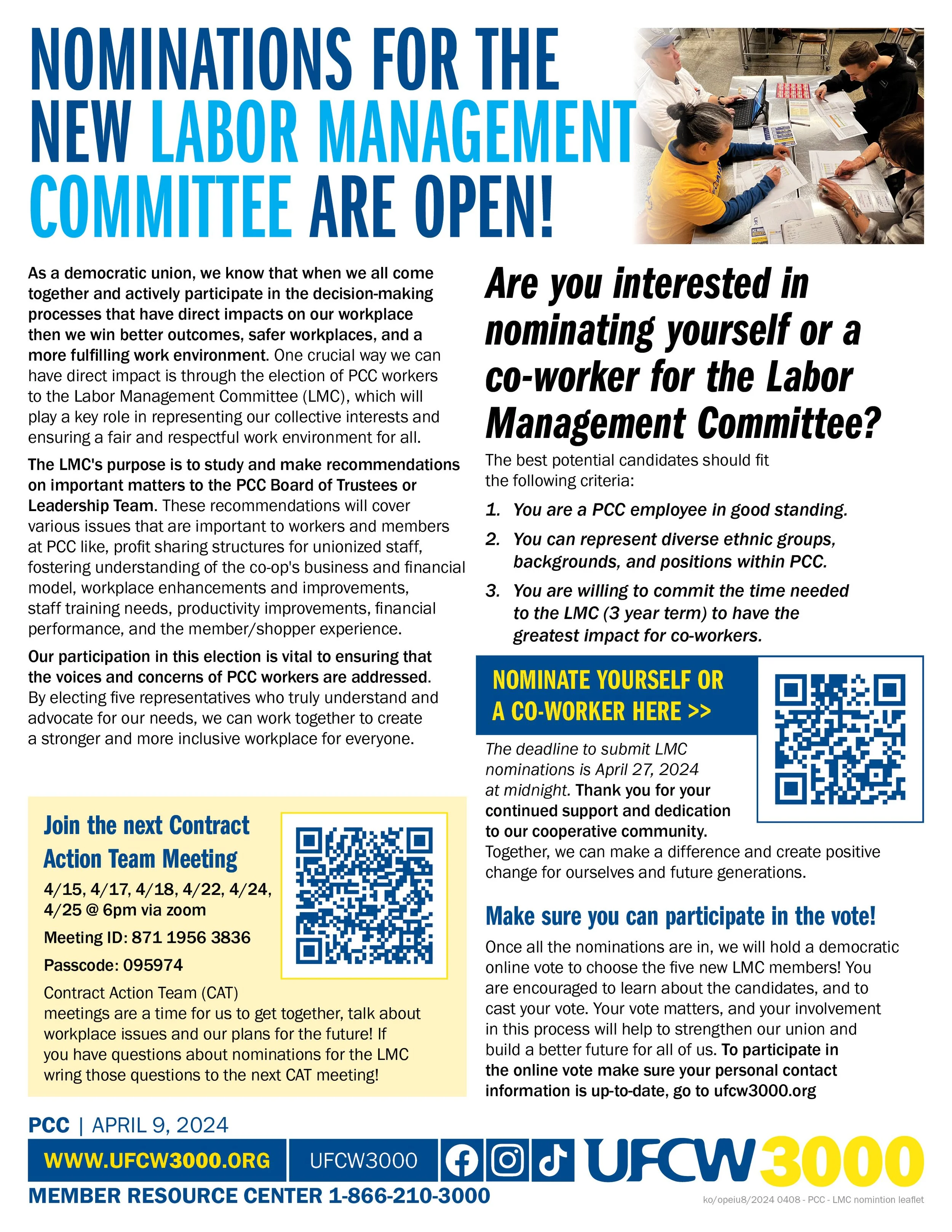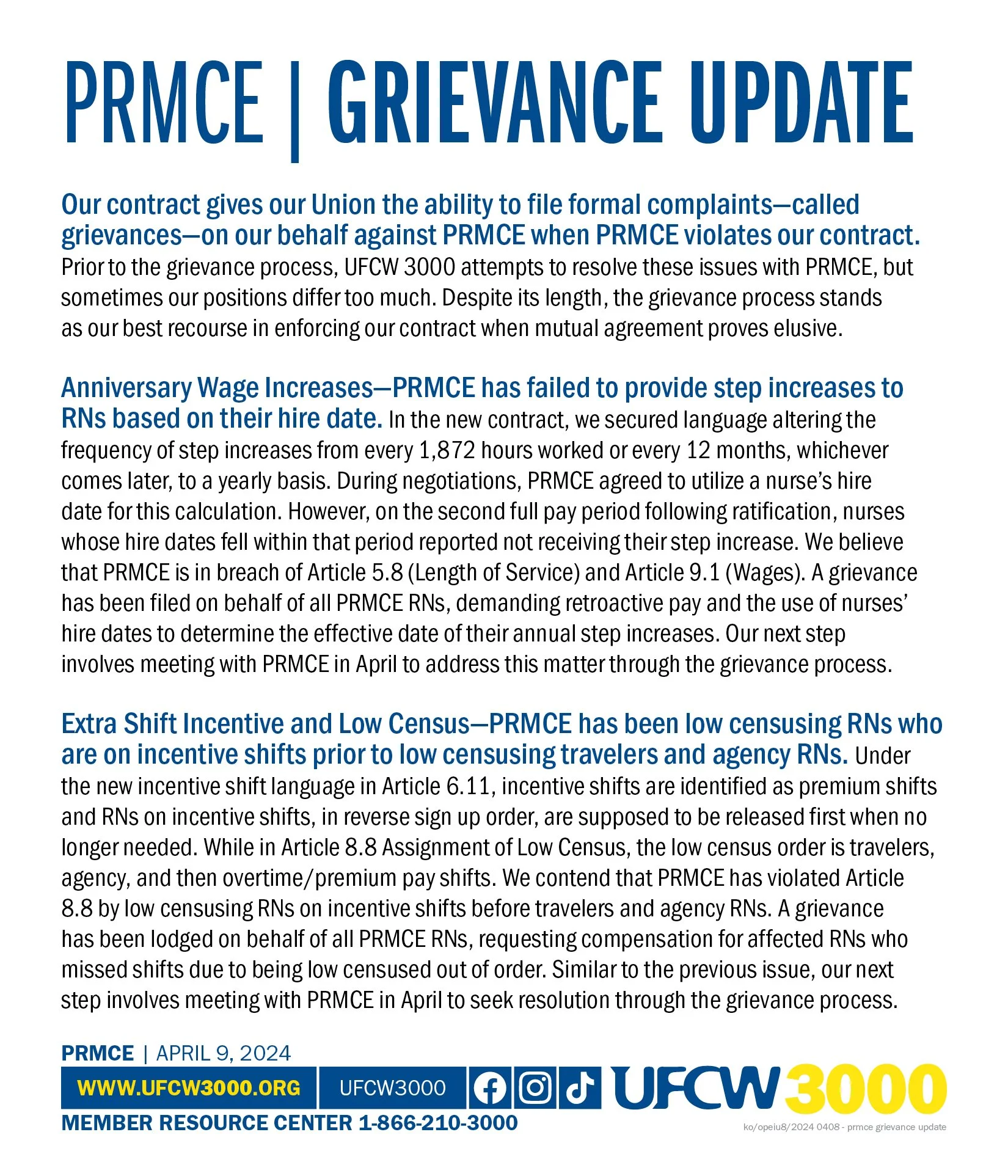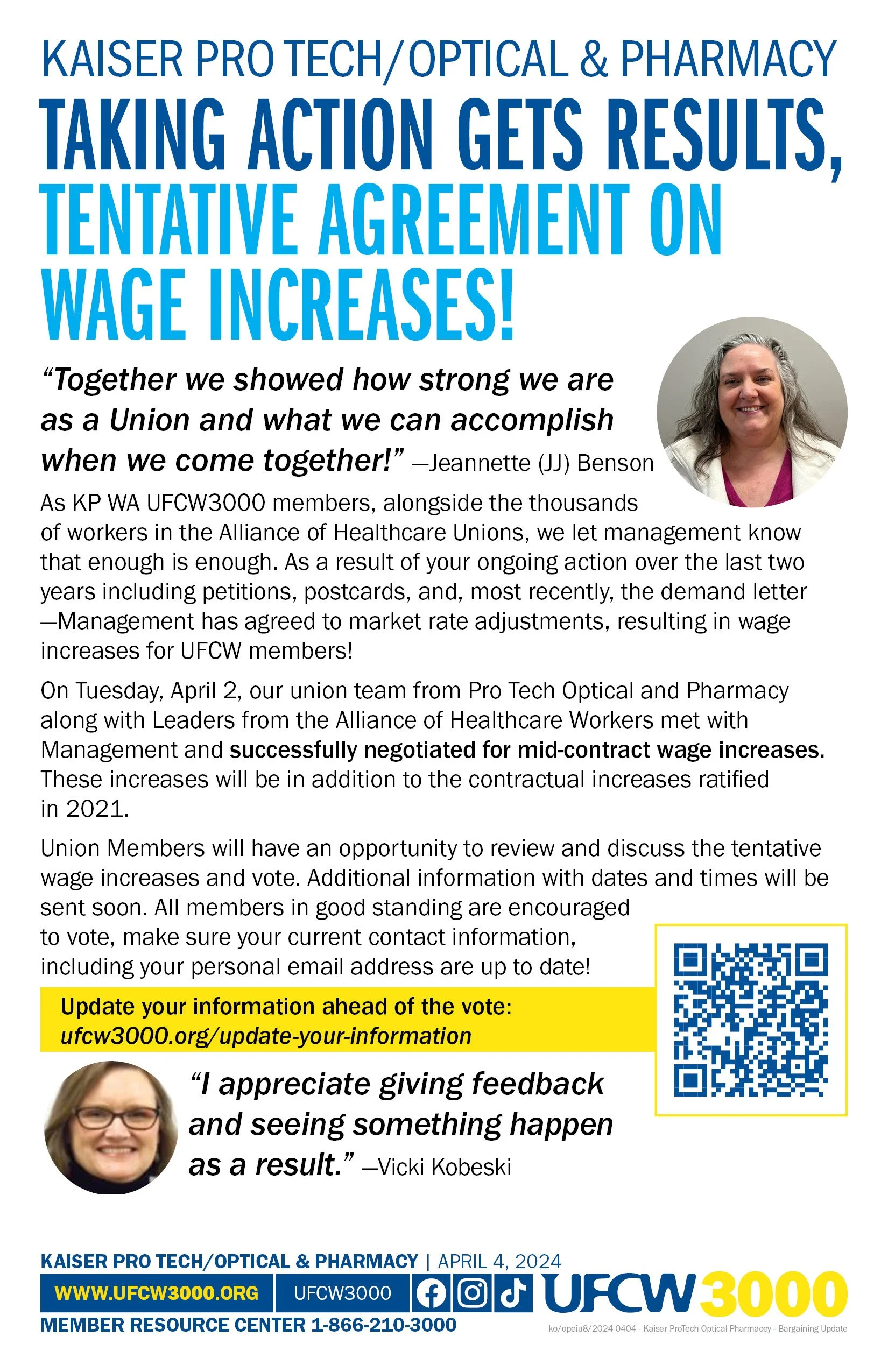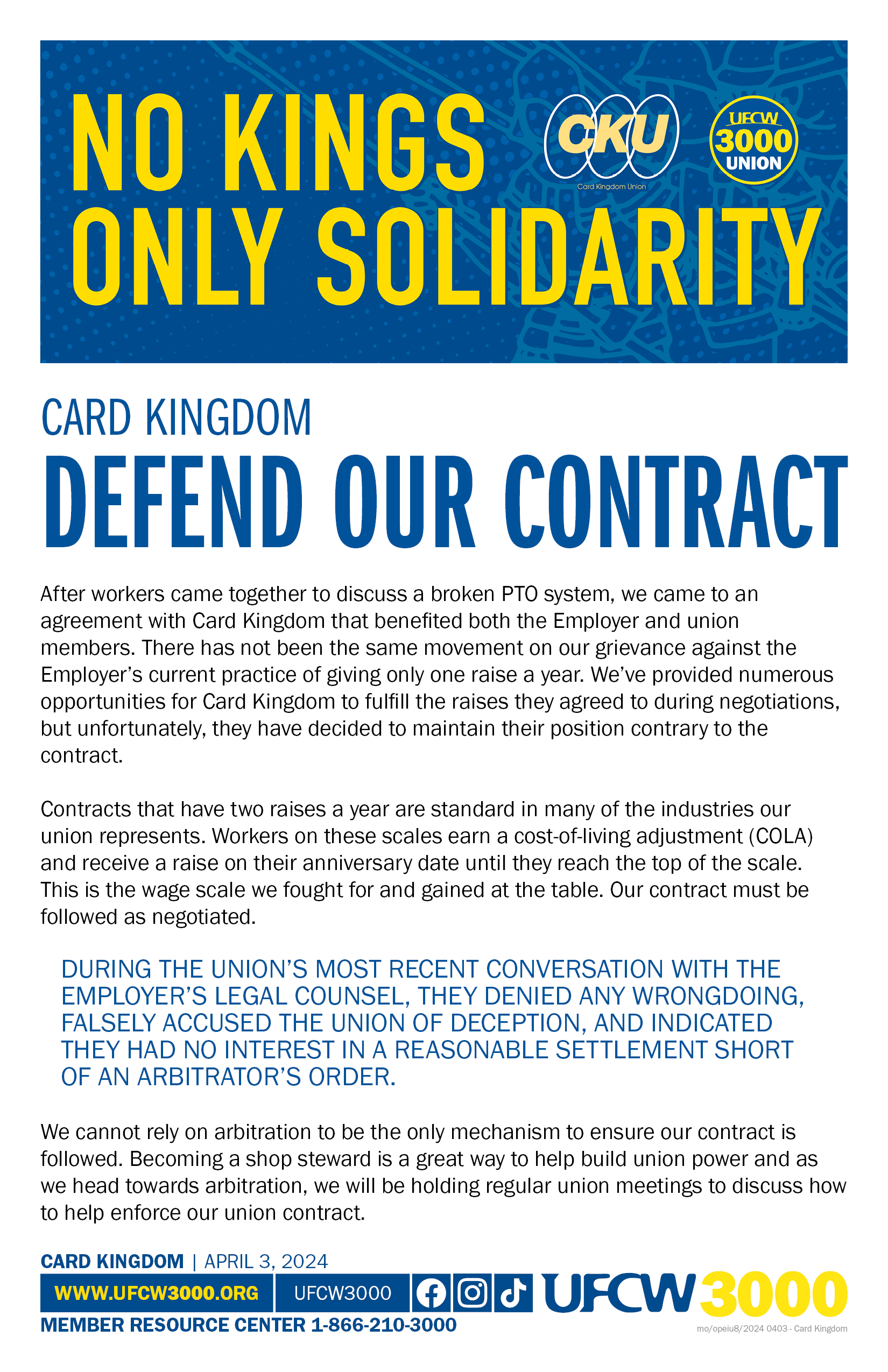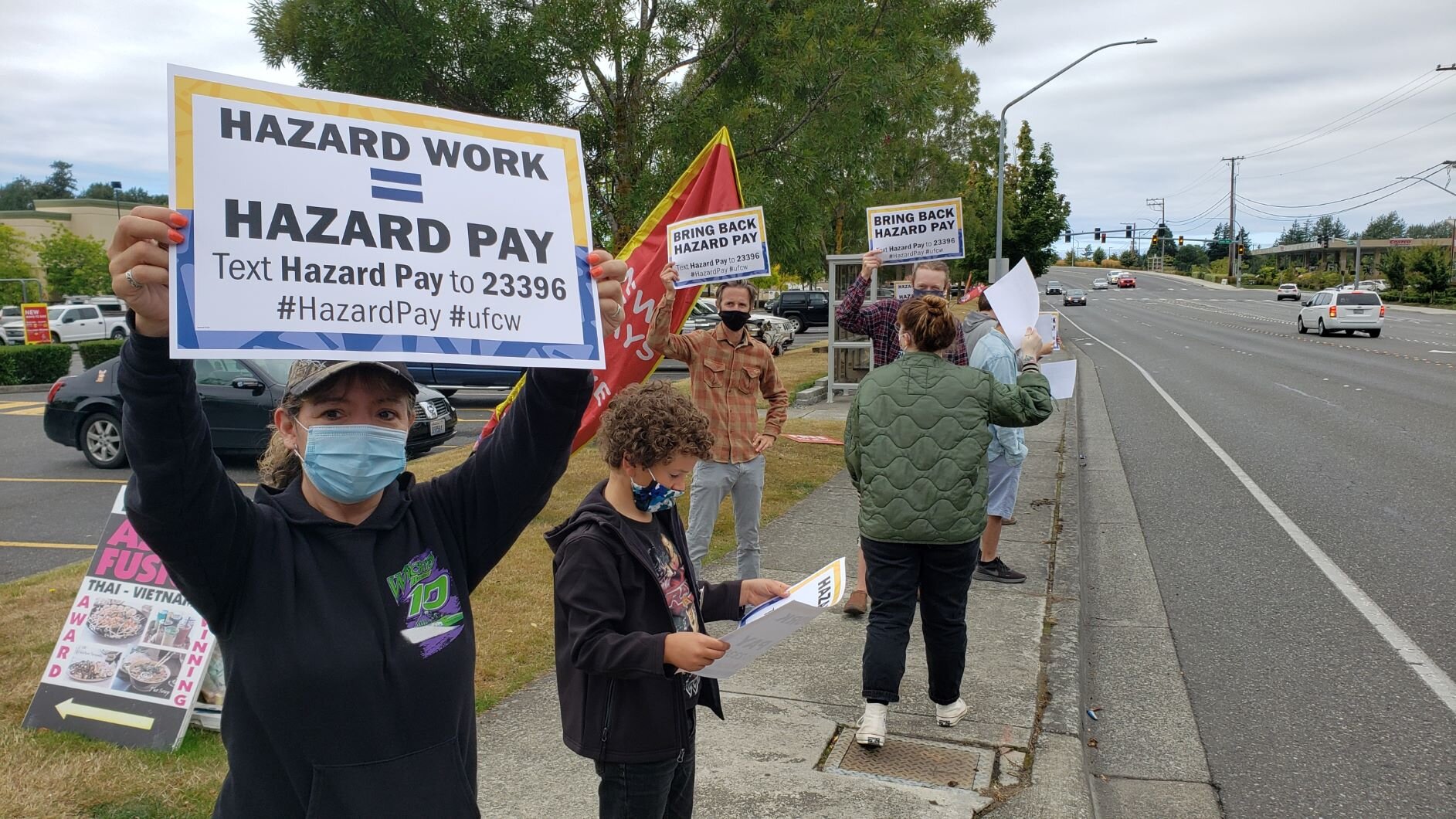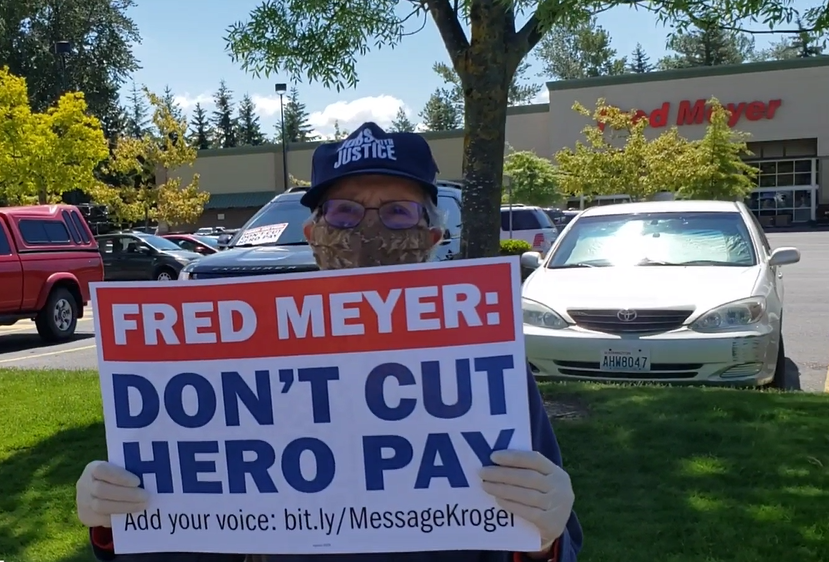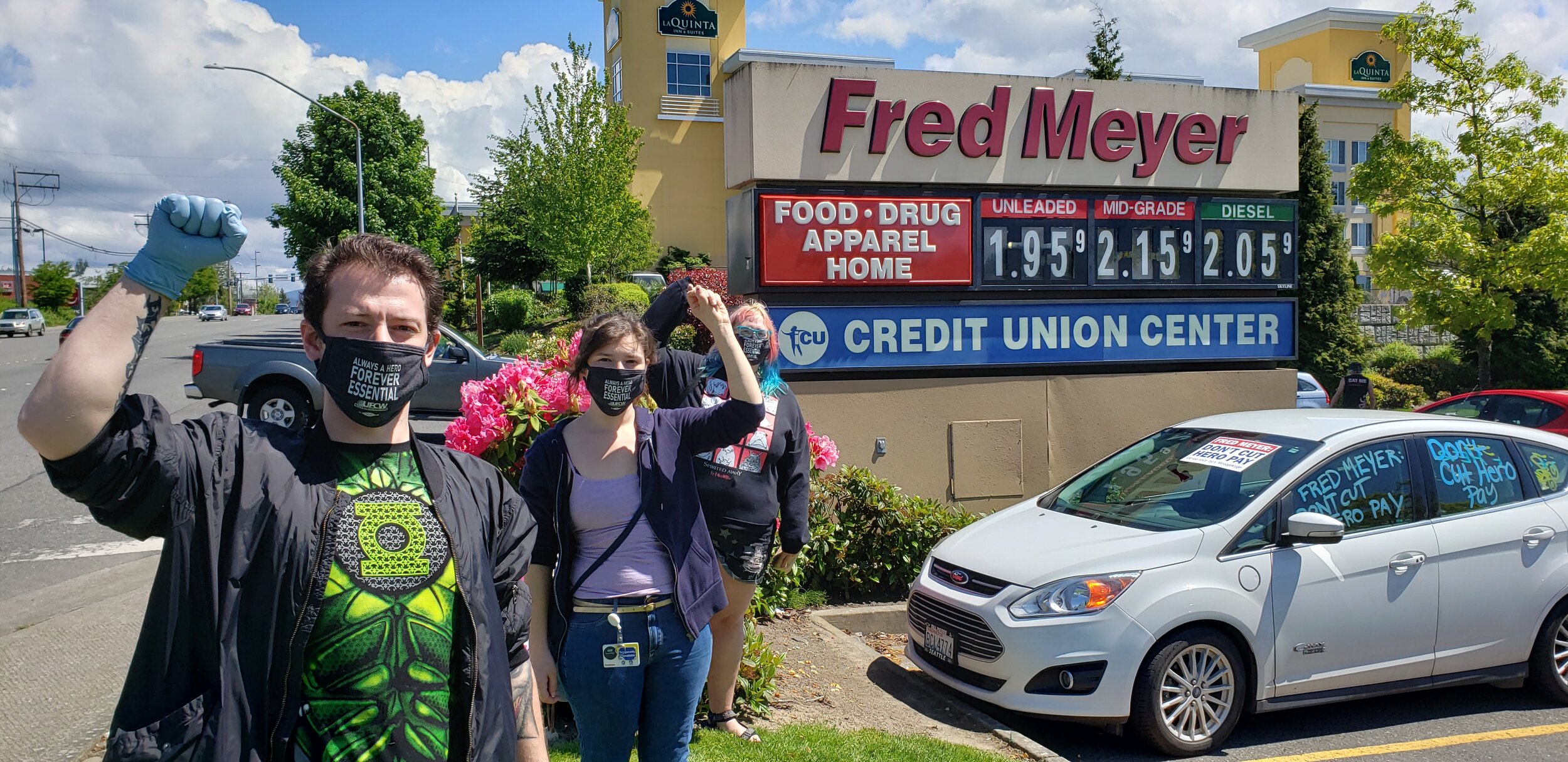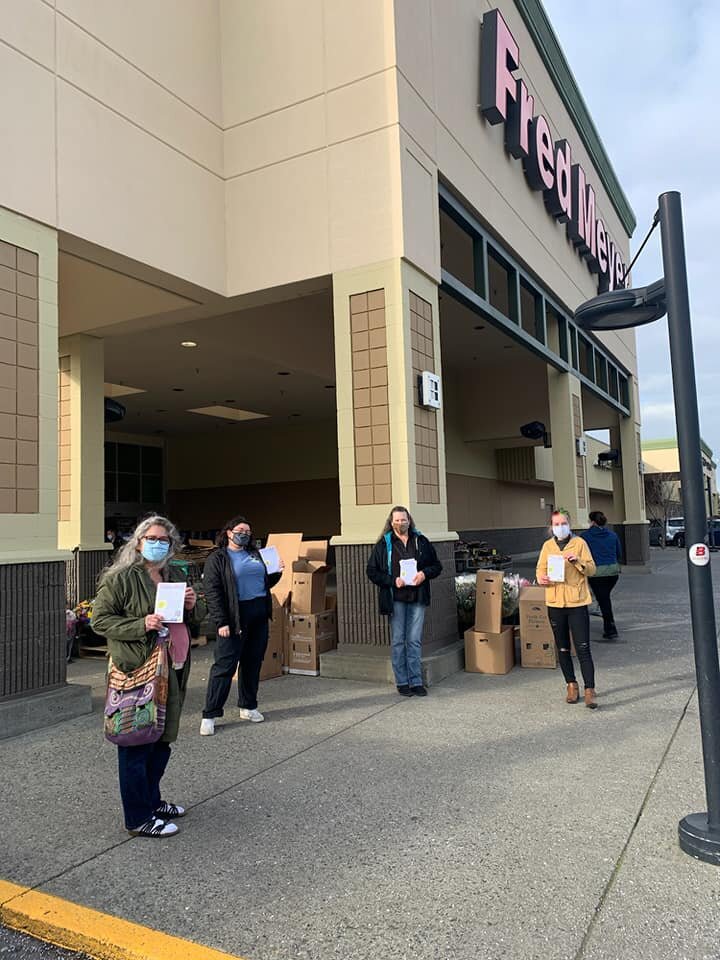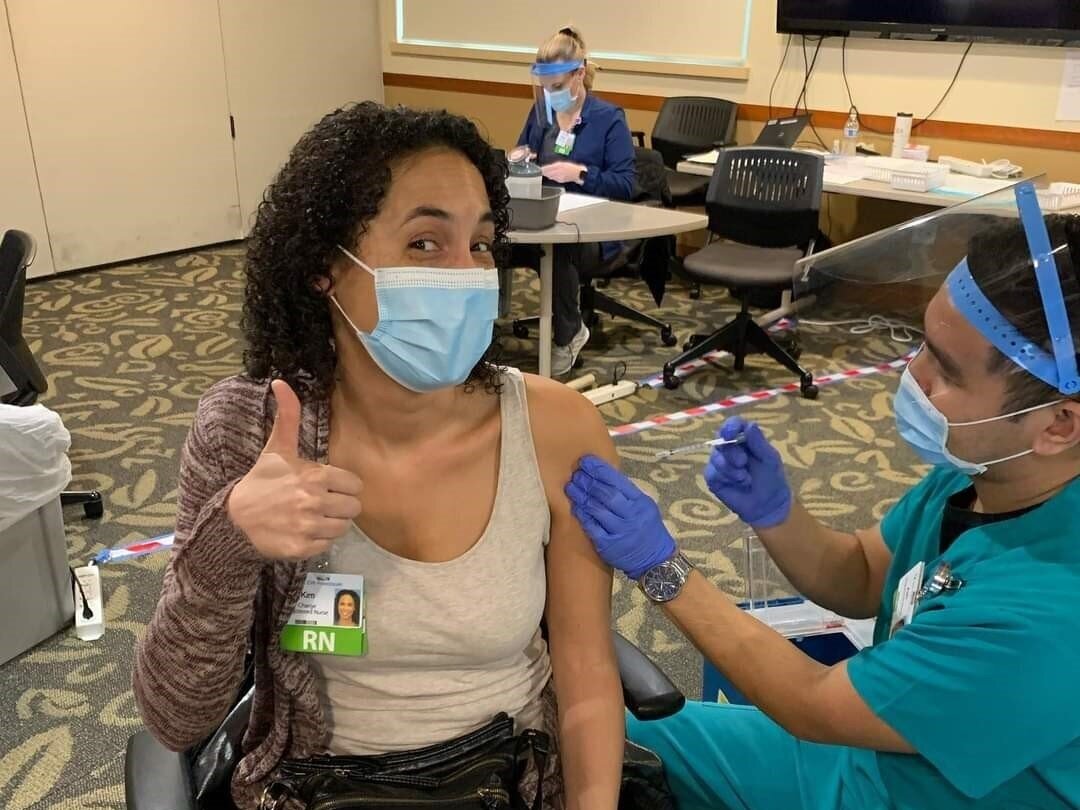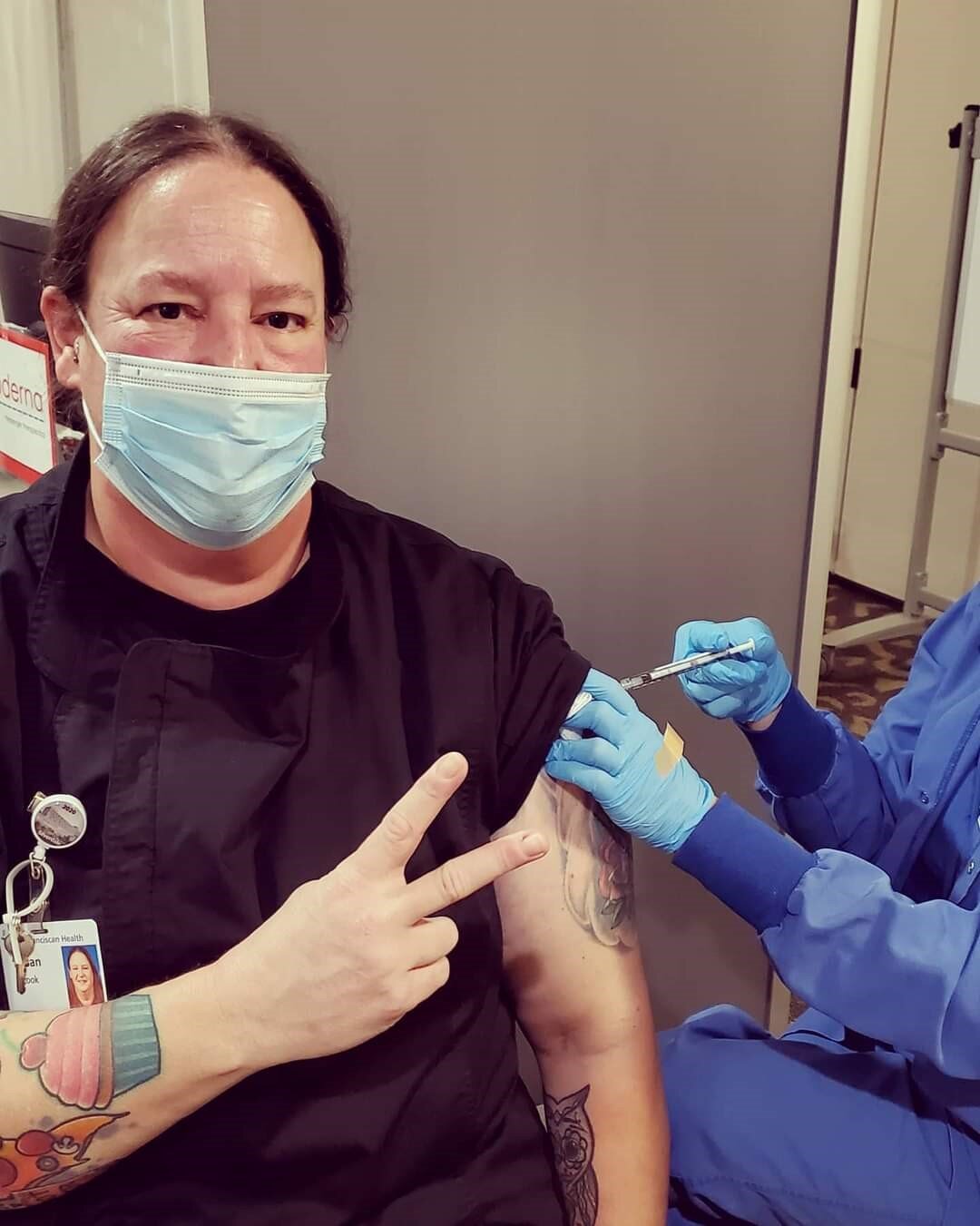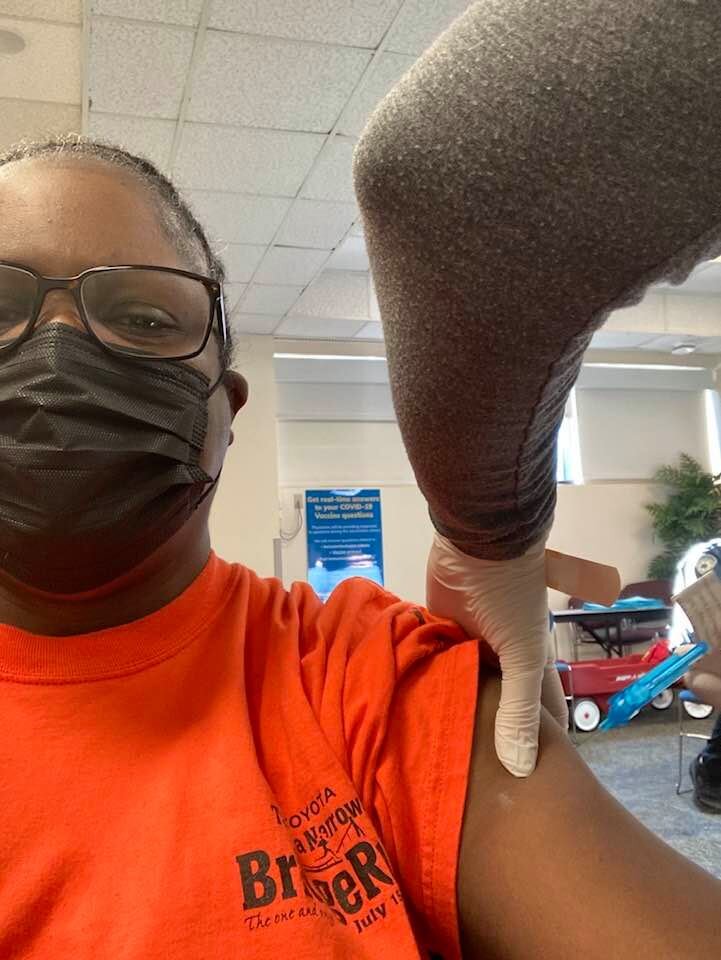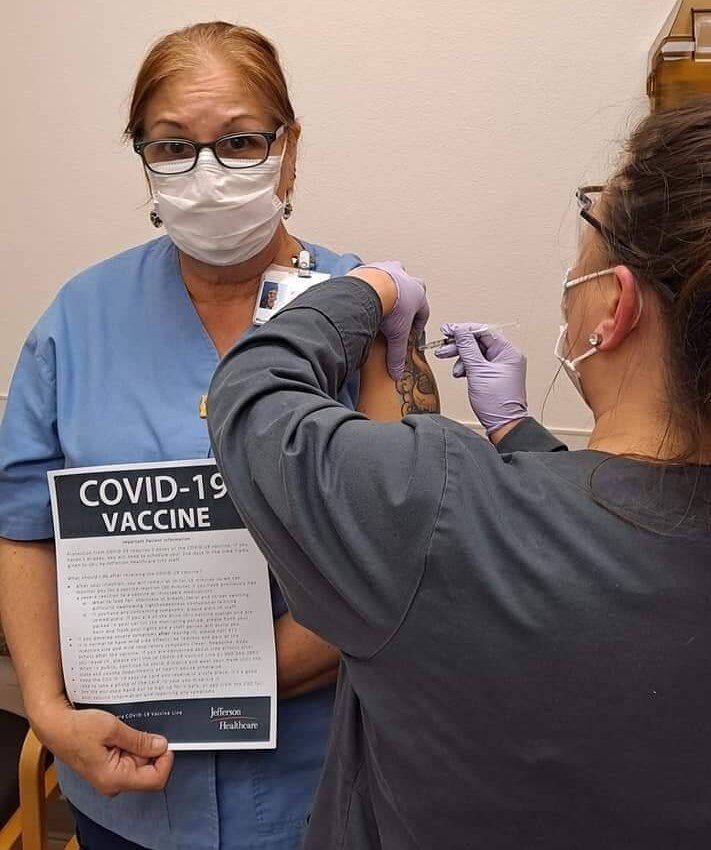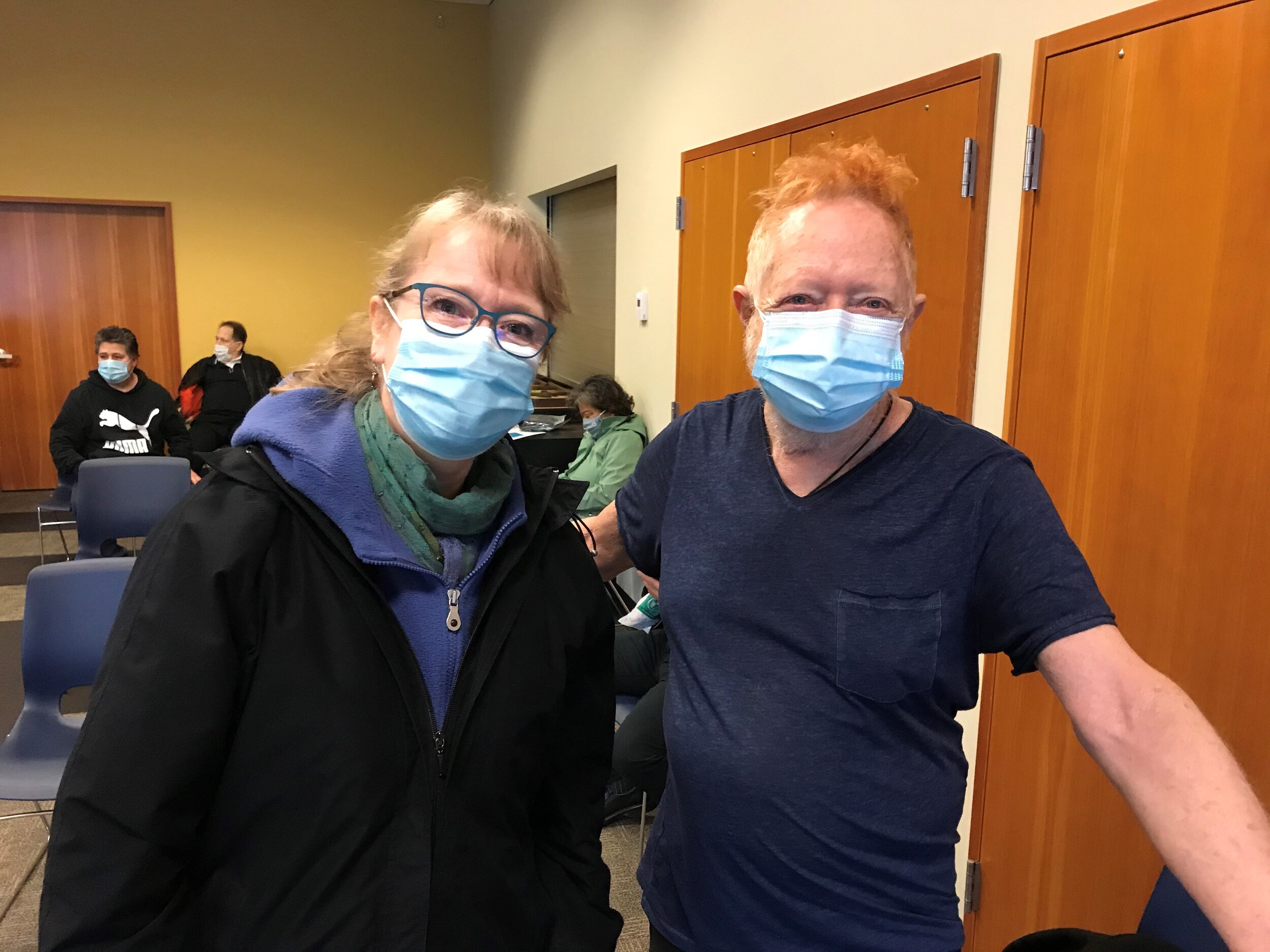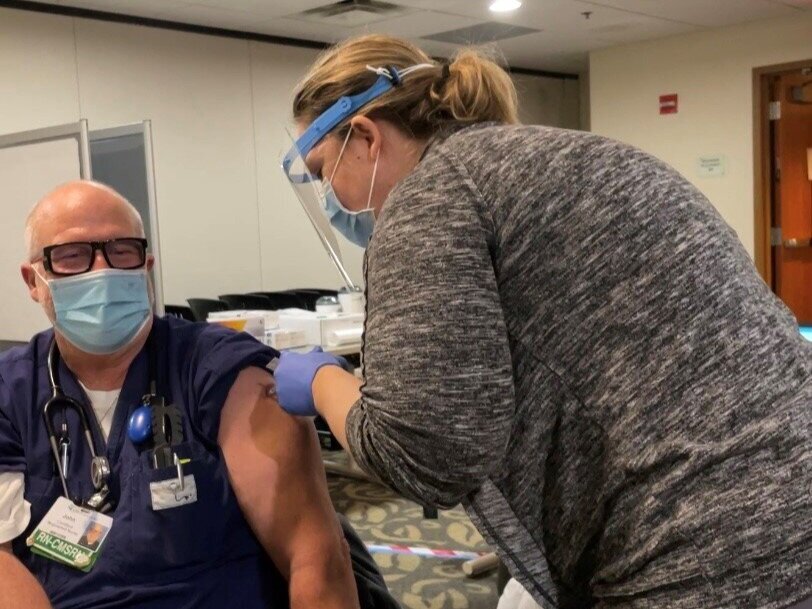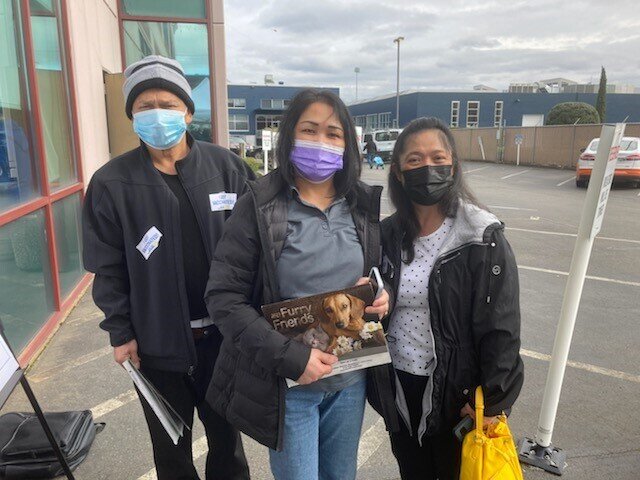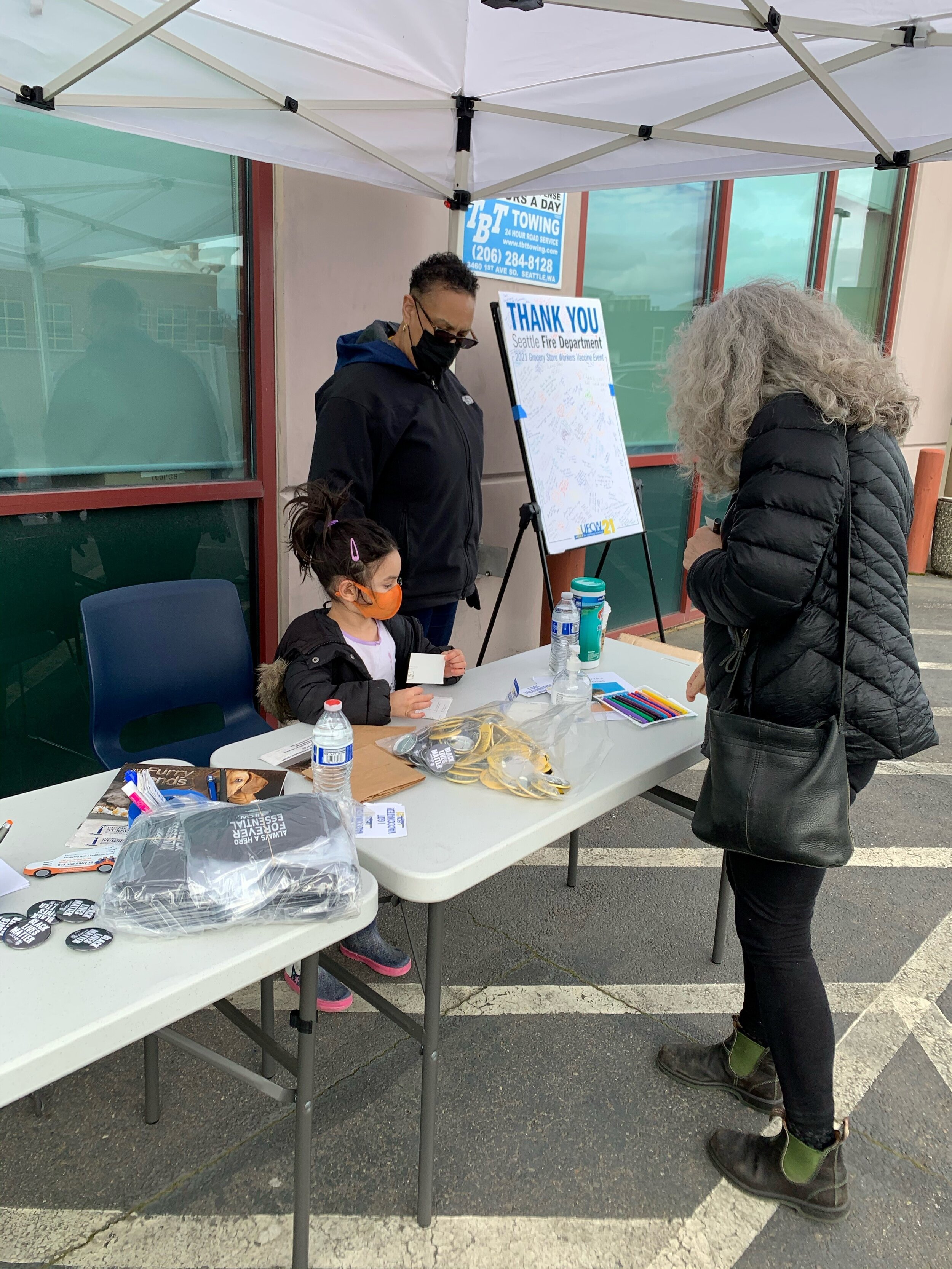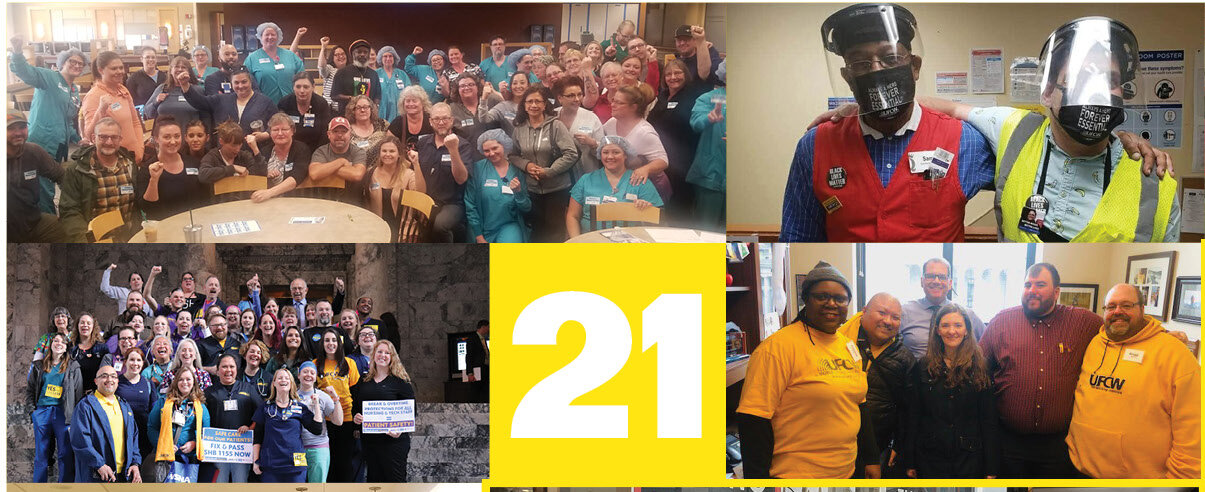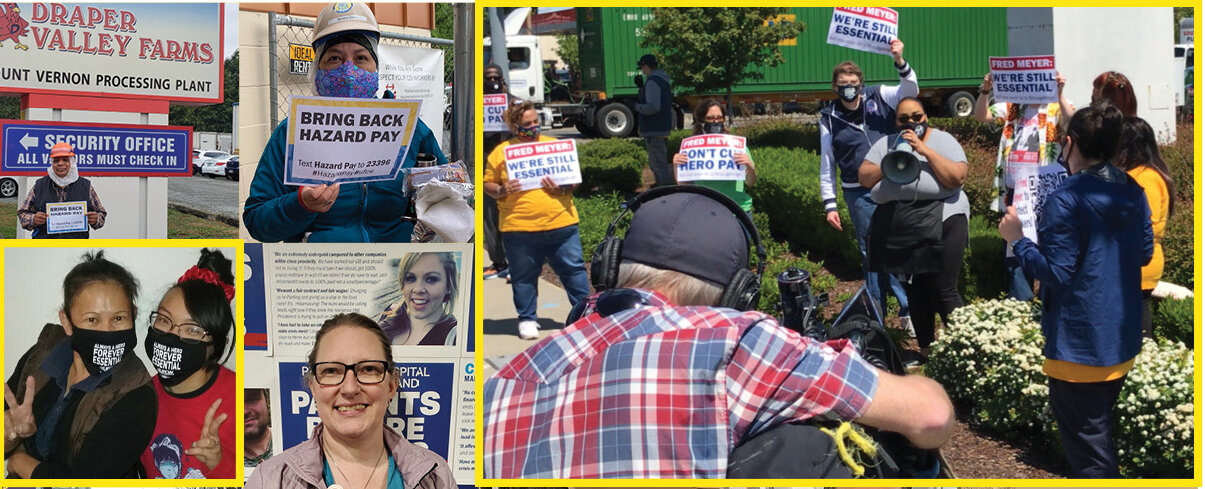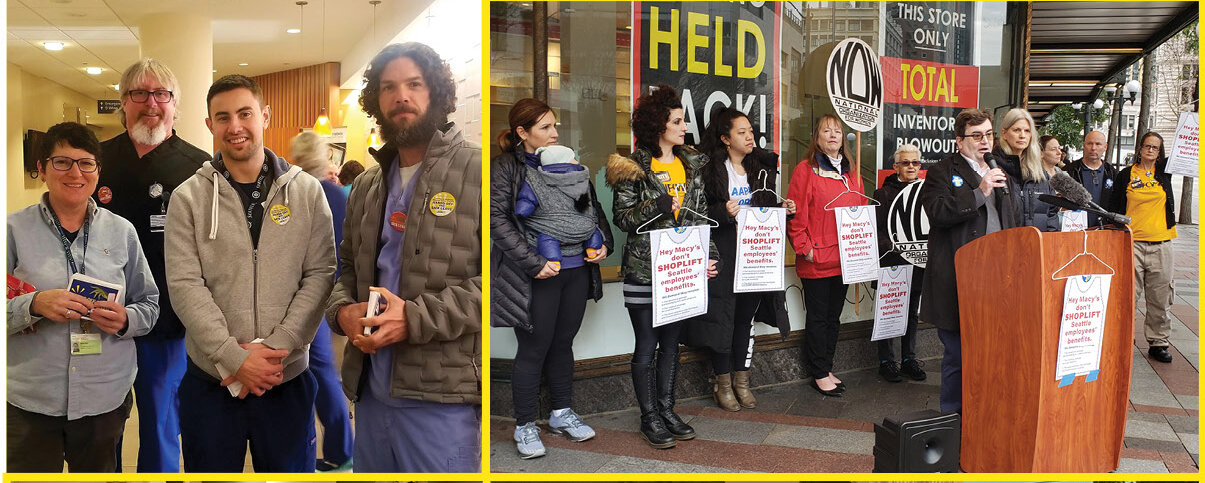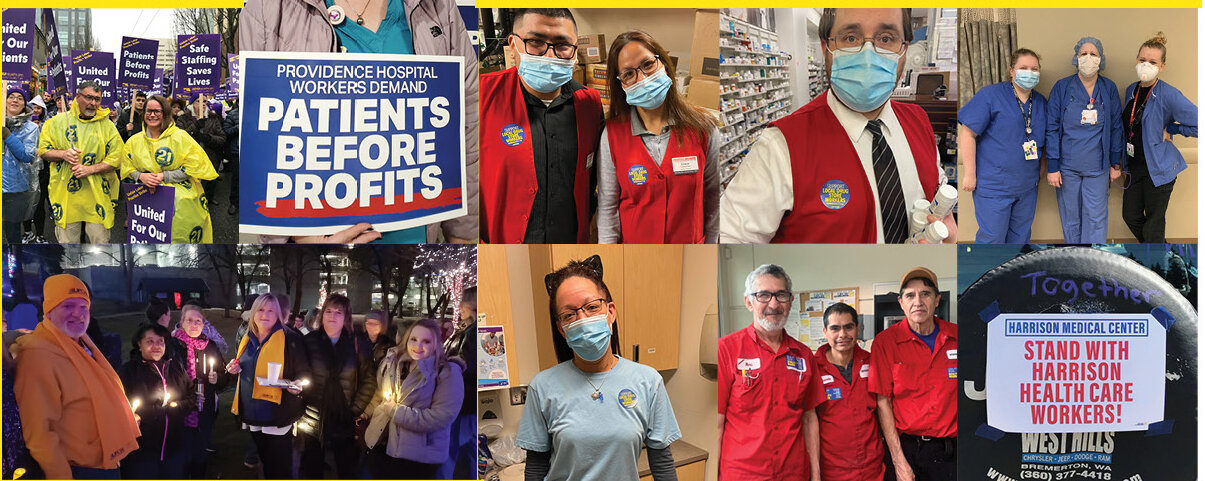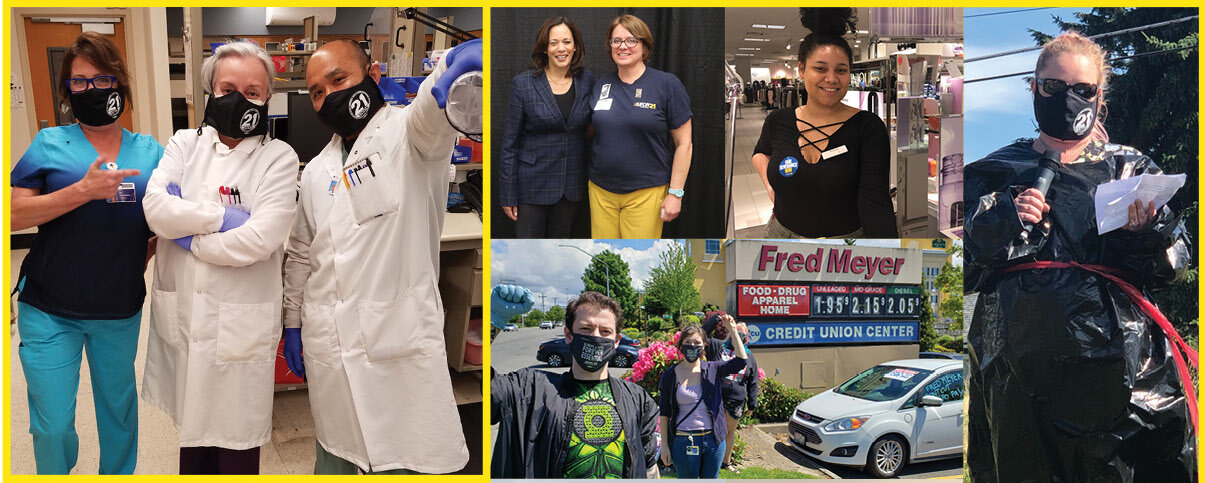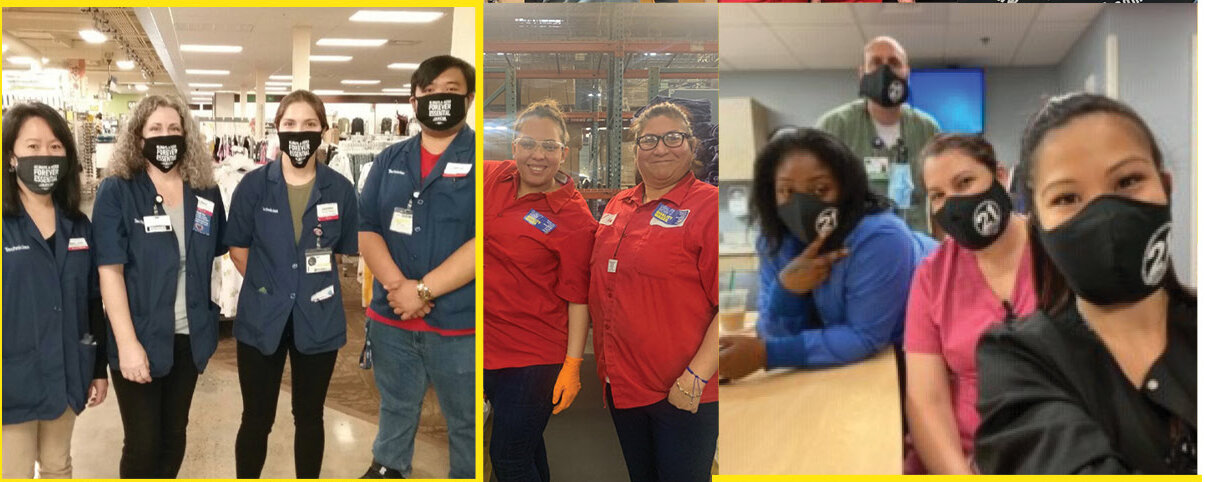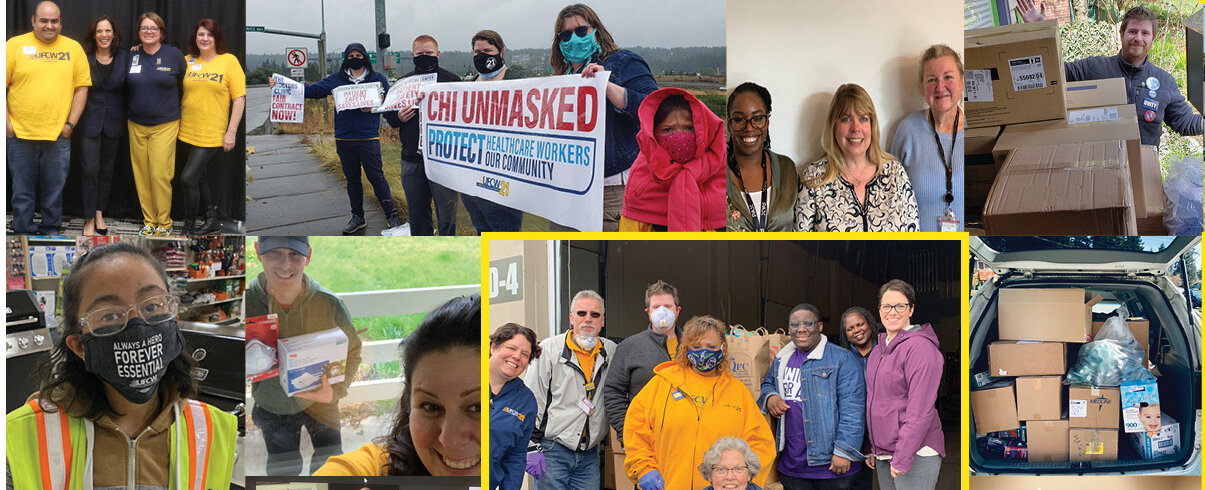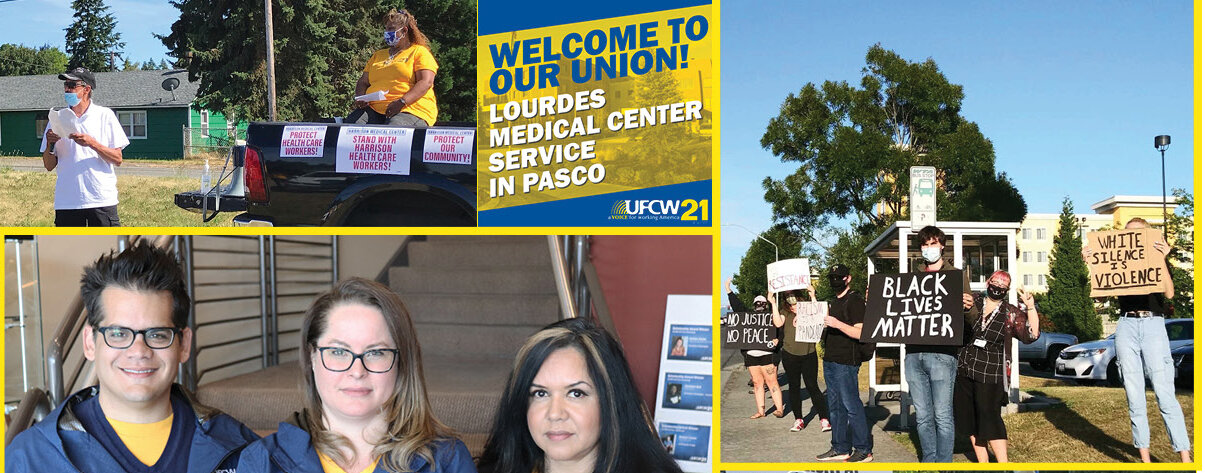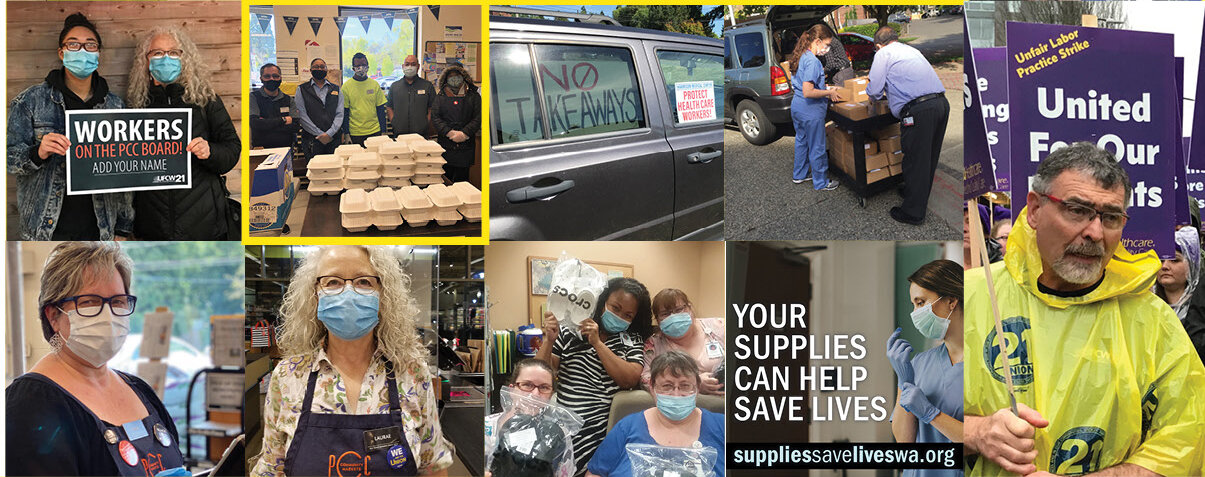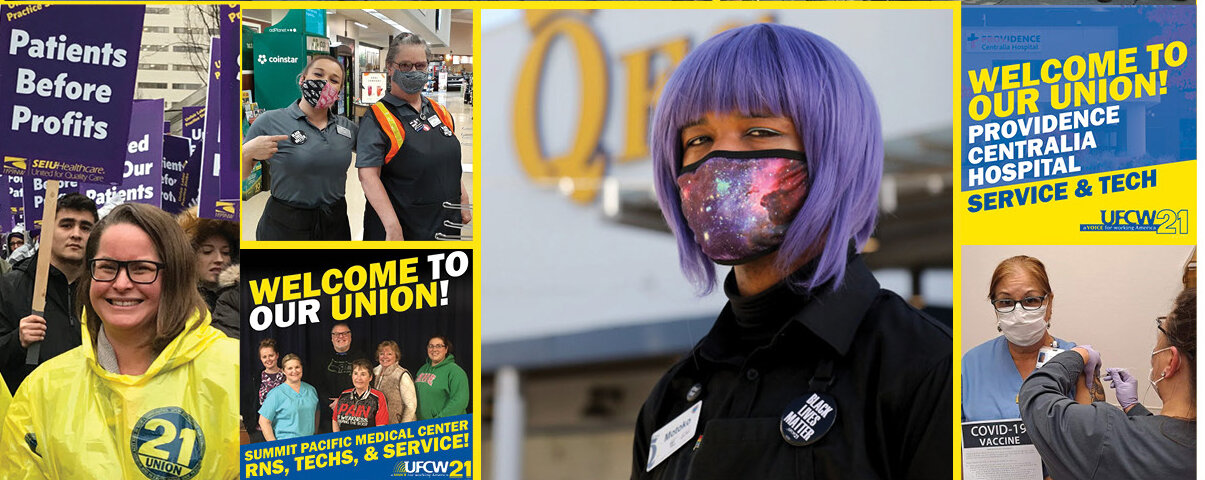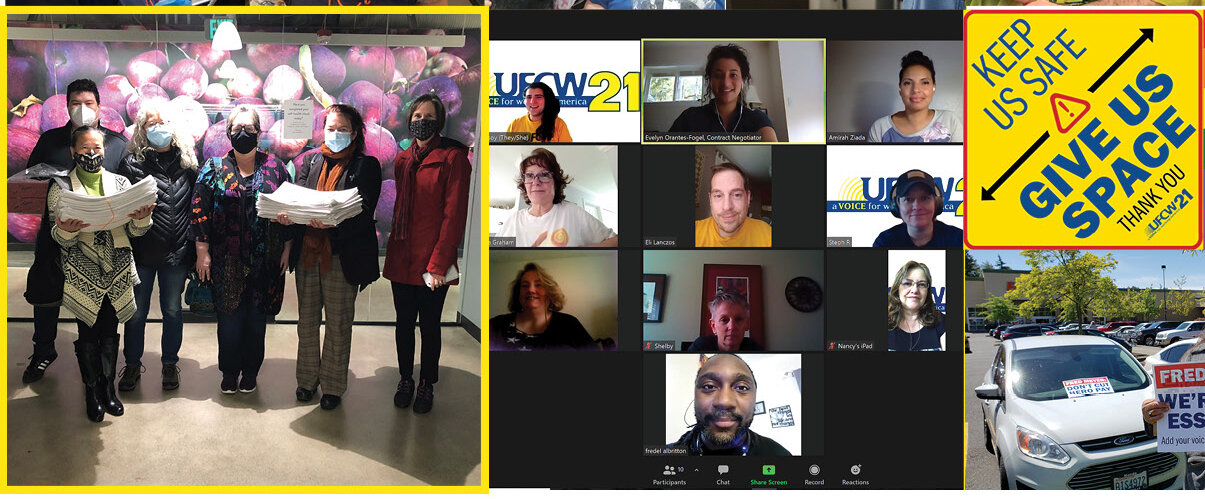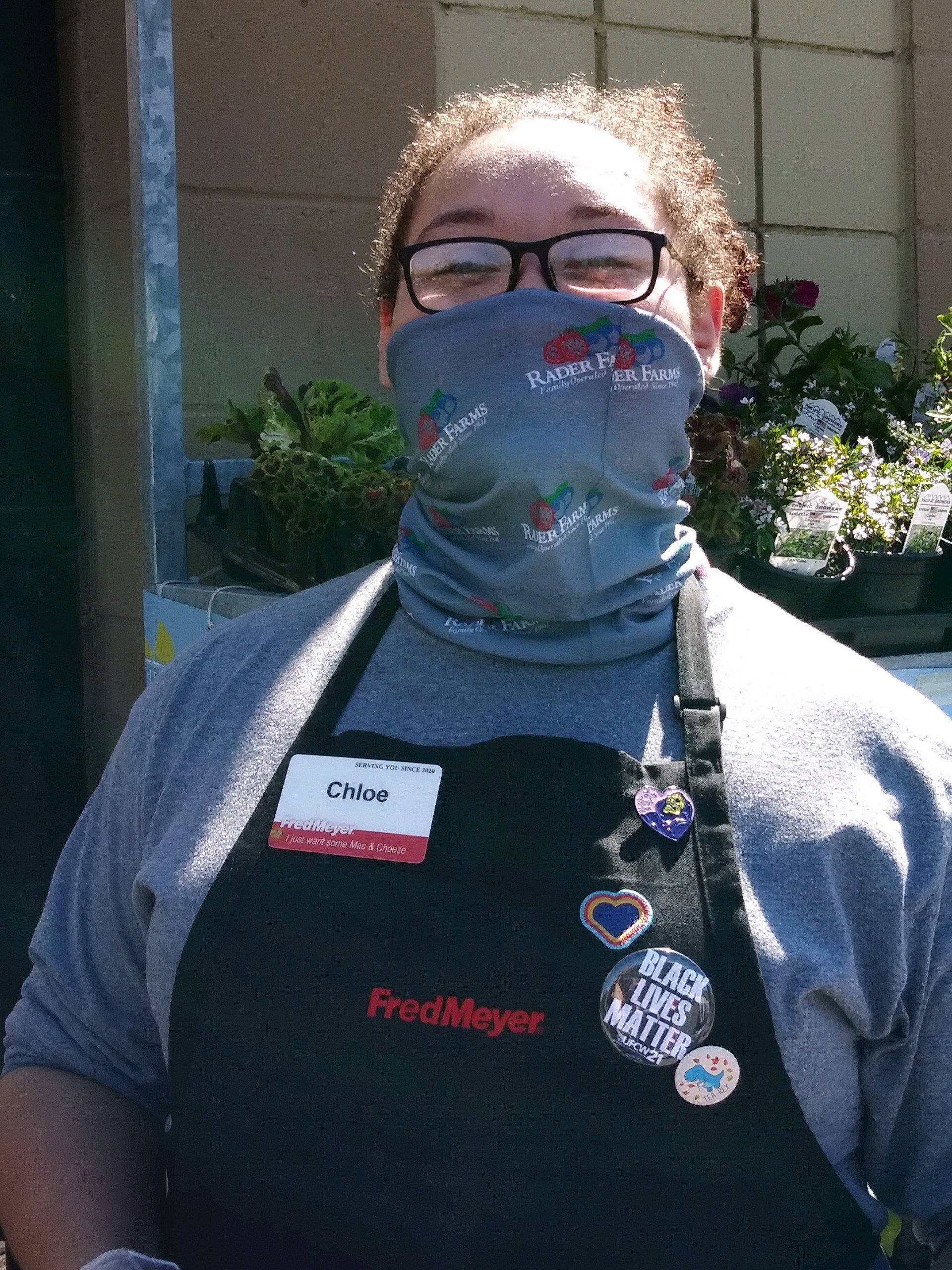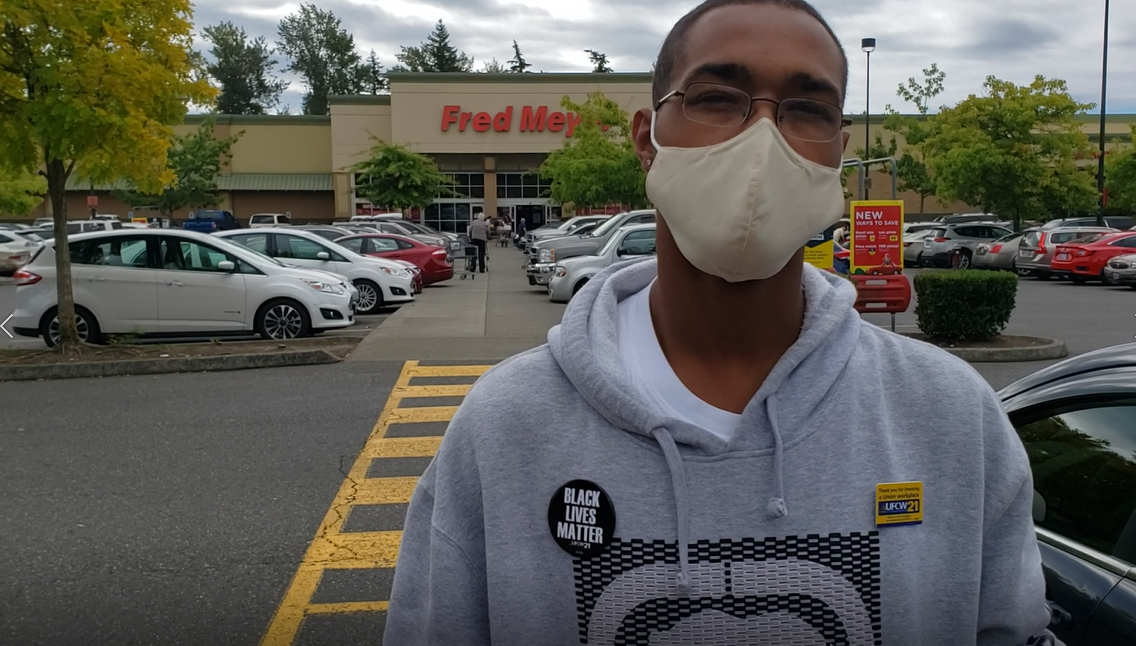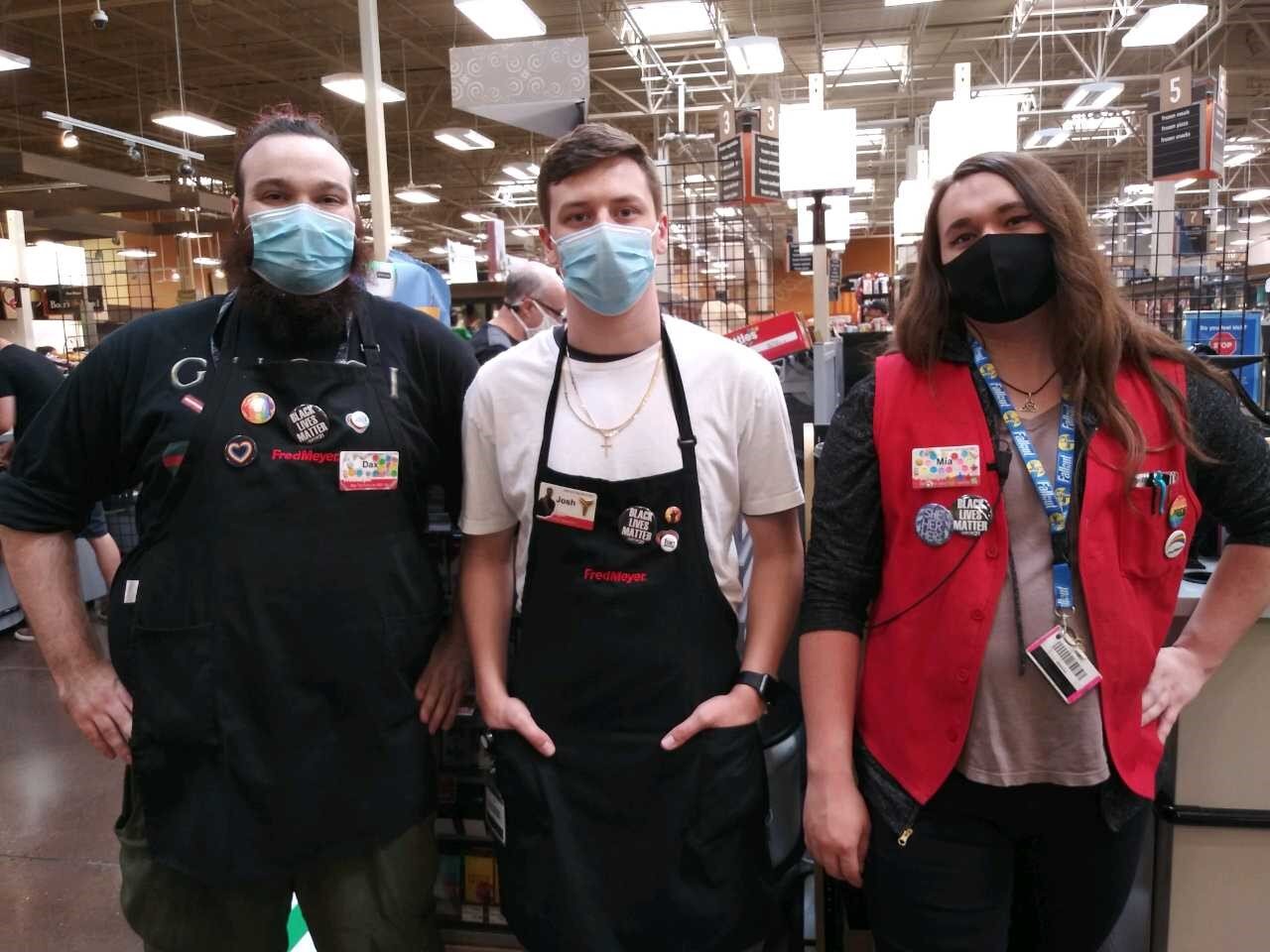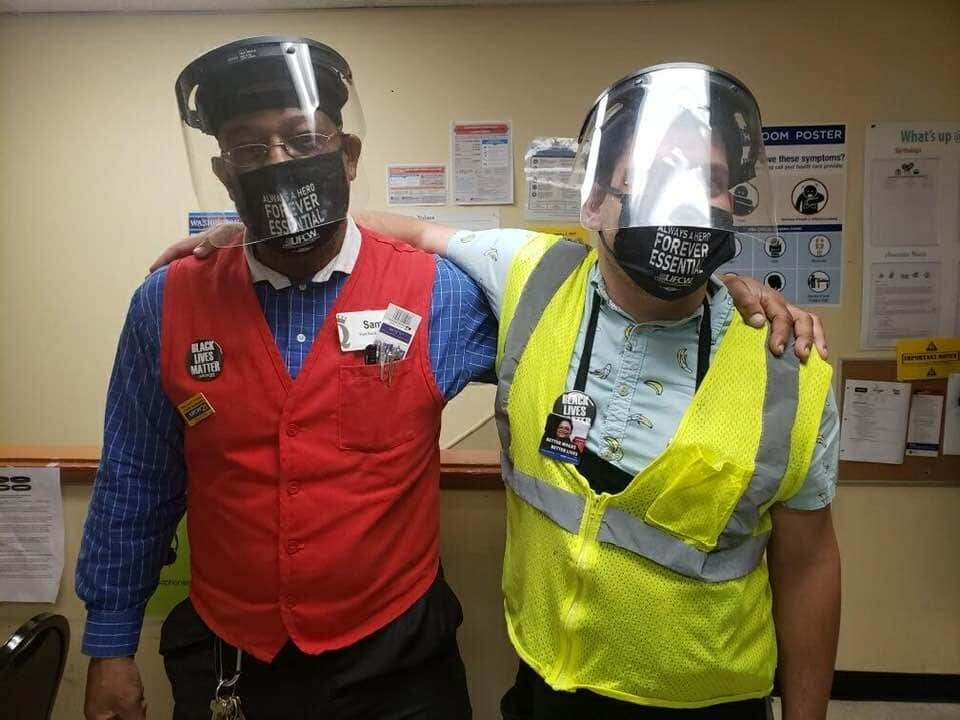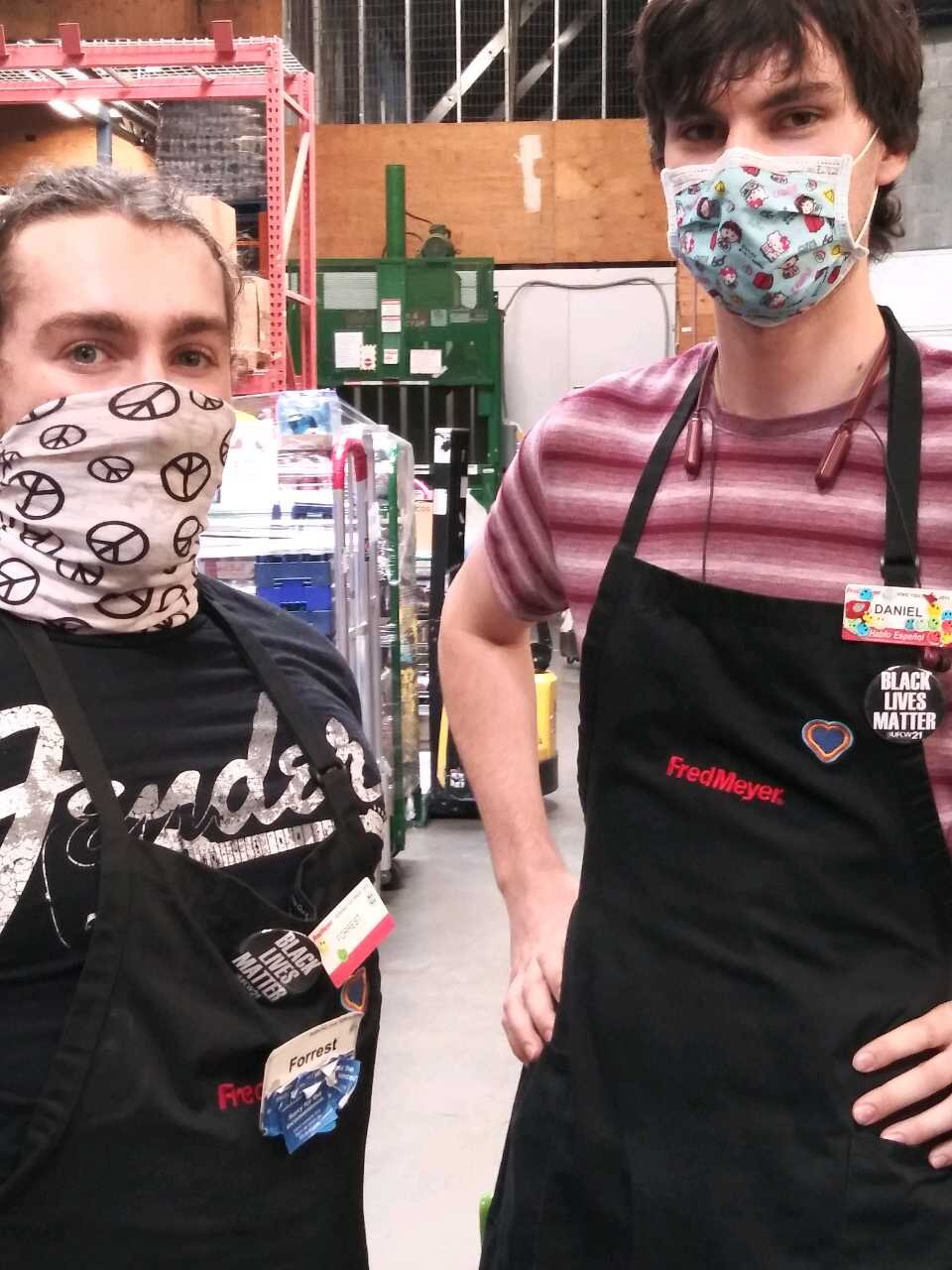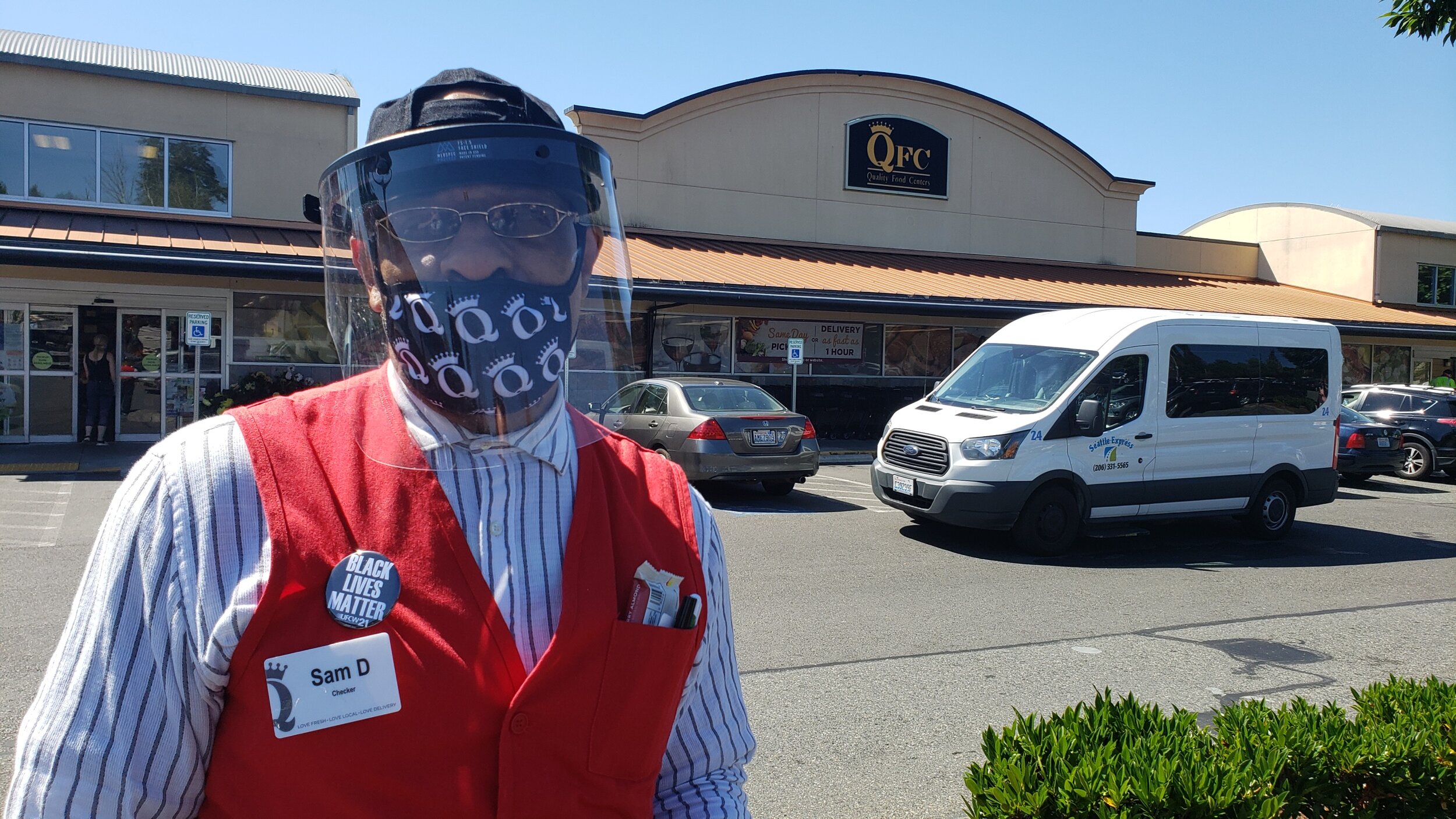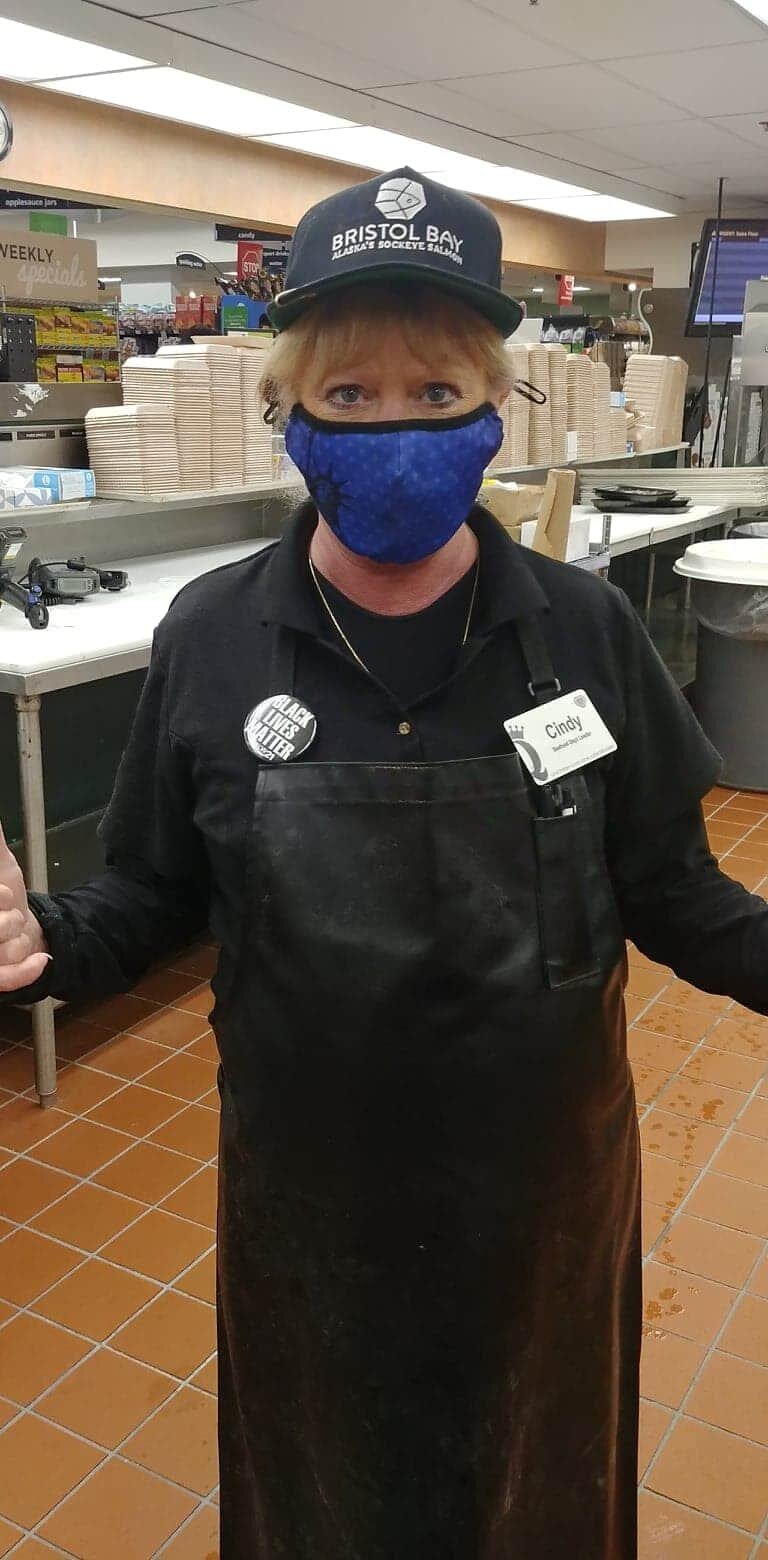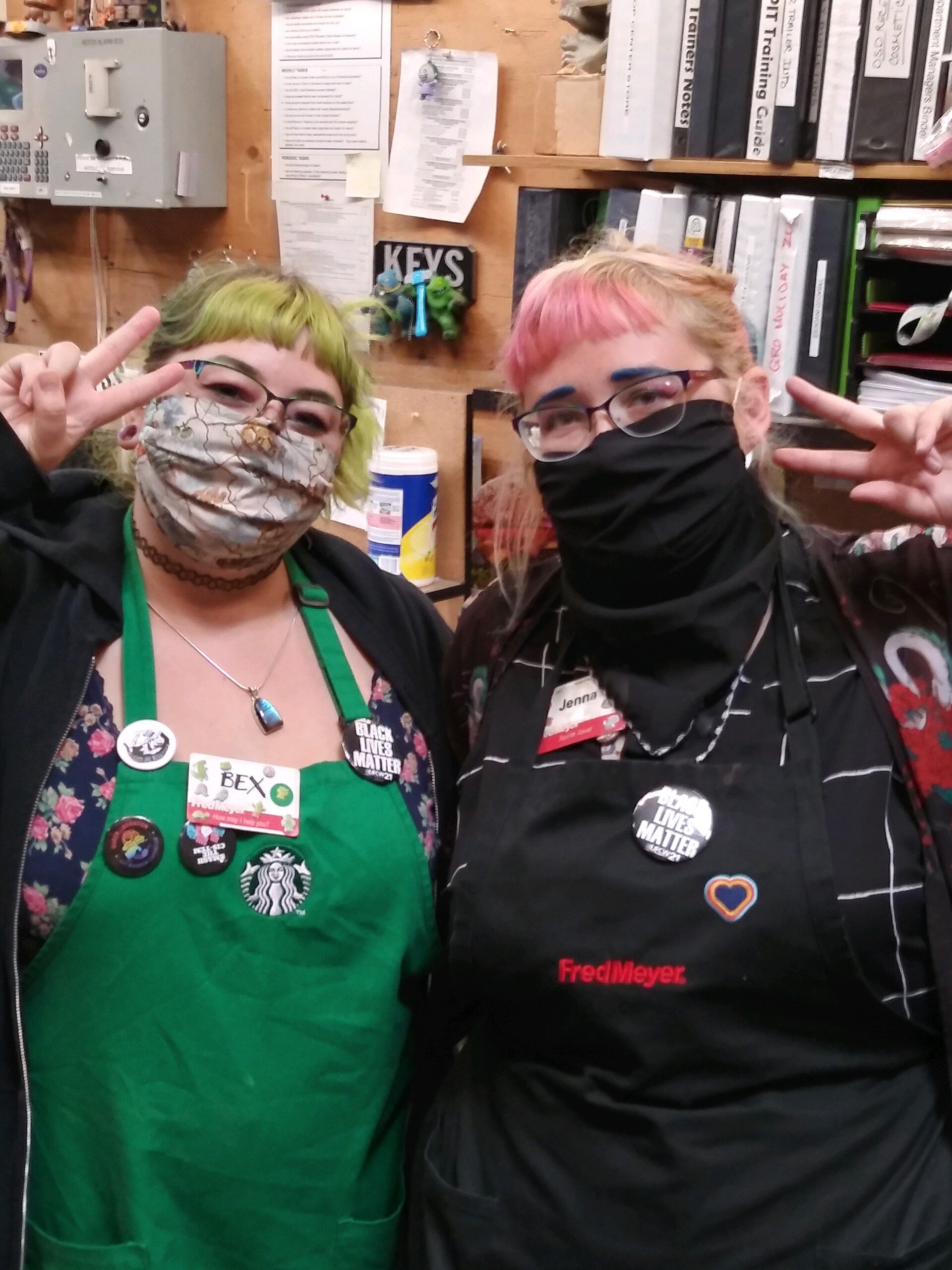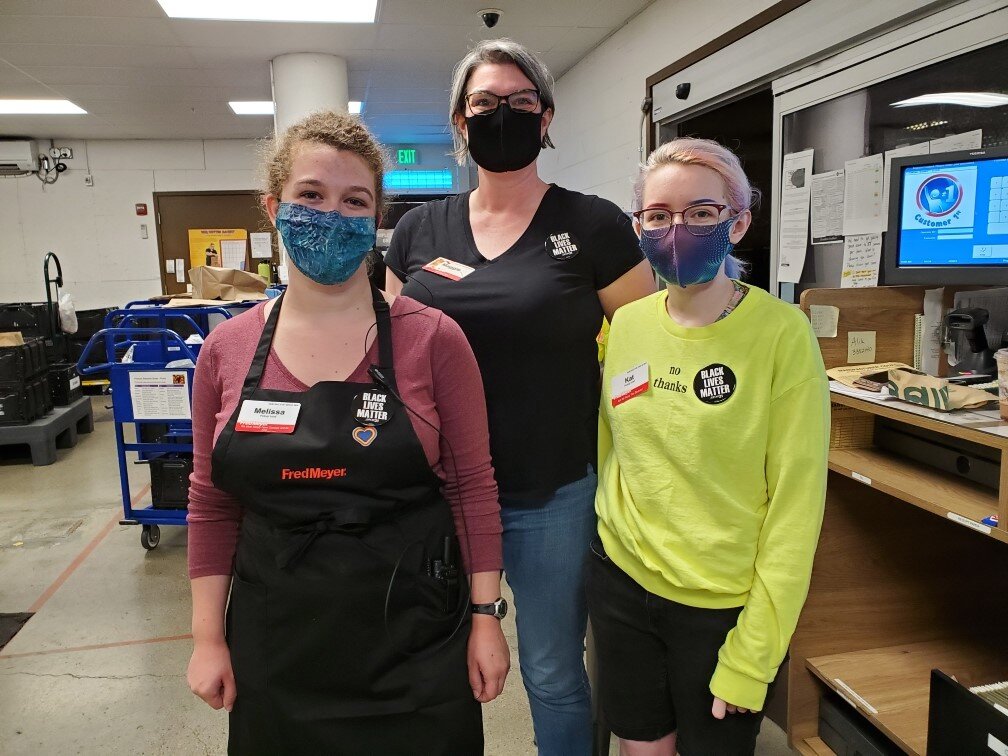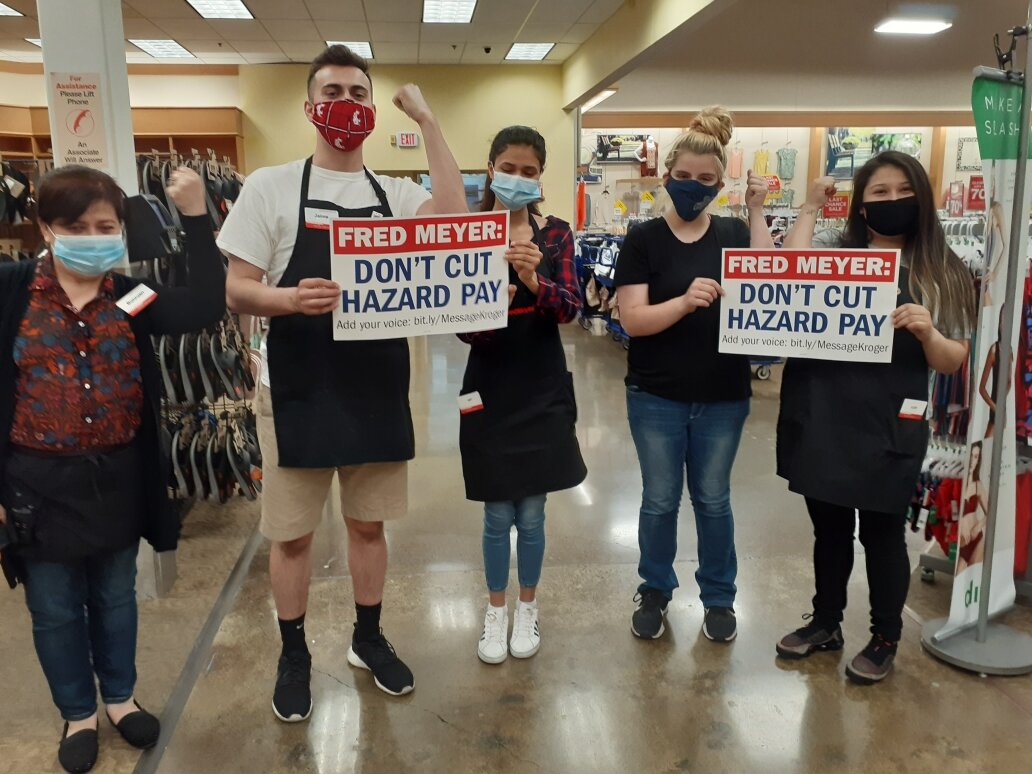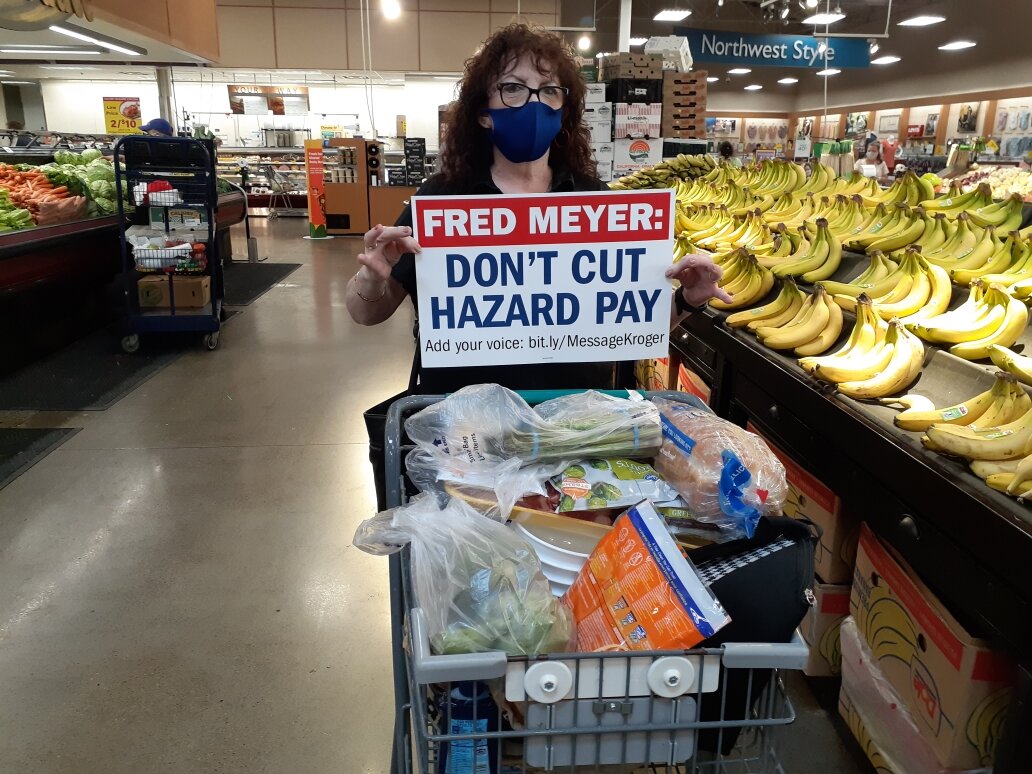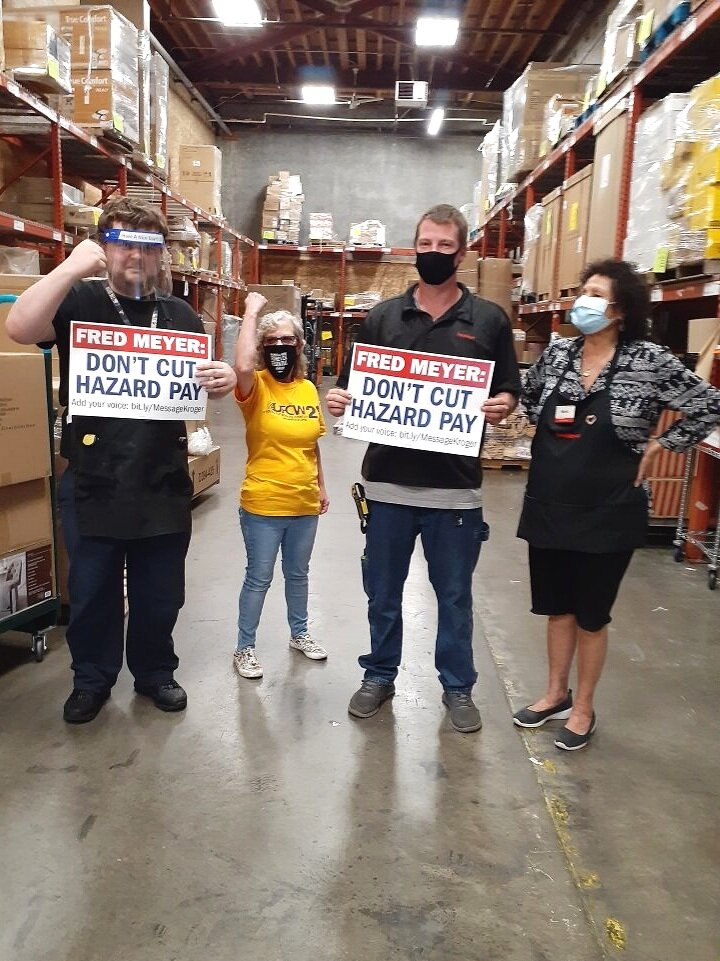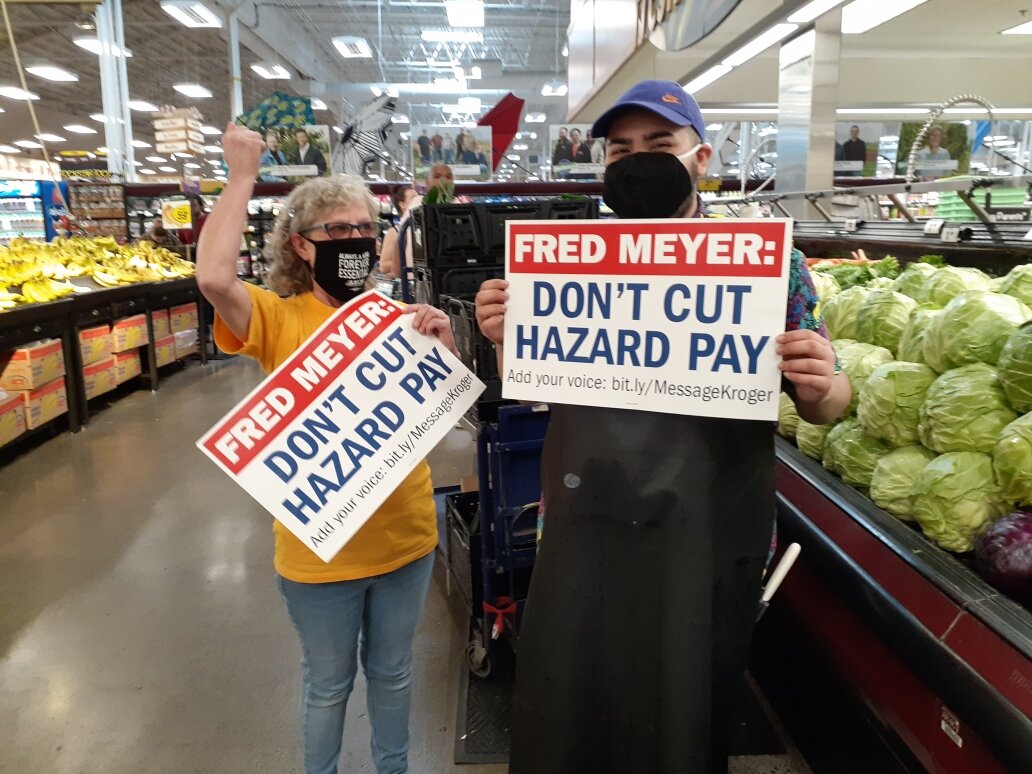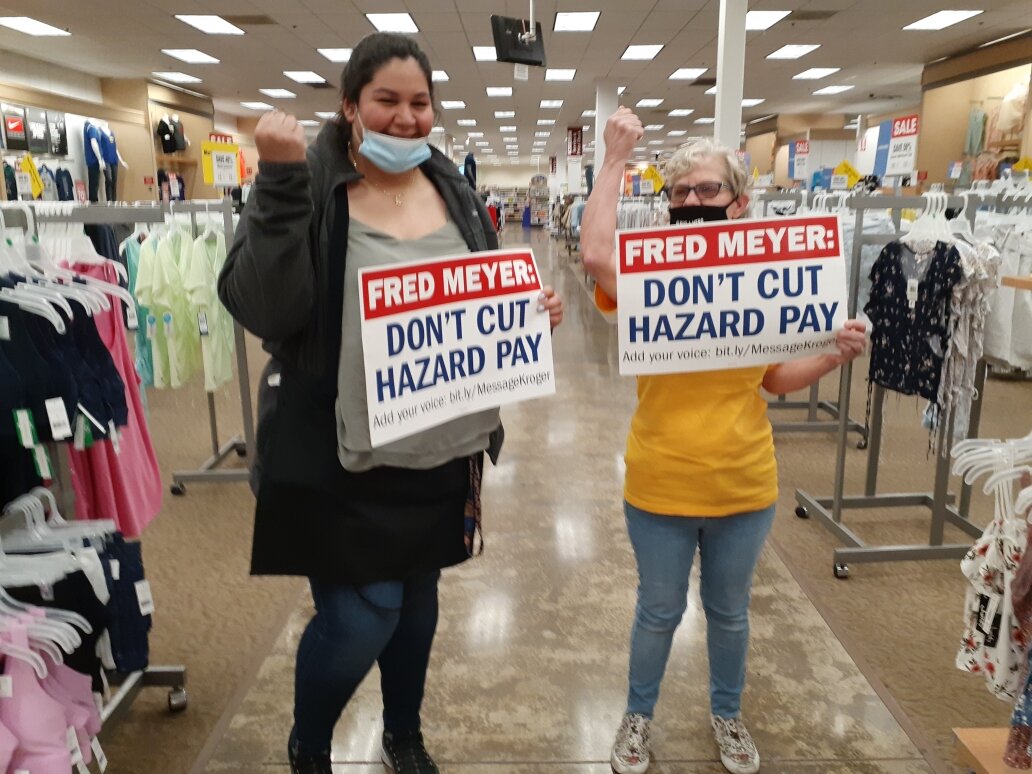RELEASE: Washington hospitals on the brink of unprecedented crisis; health care workers and patients need immediate action from hospitals
/FOR RELEASE: Sept. 13, 2021
WA hospitals on the brink of unprecedented crisis
Preexisting staff shortages have reached critical levels; nurses, health care workers and patients need immediate action from hospitals
SEATTLE -- The reality cannot be overstated: Washington hospitals are on the brink of a crisis, and without immediate and impactful action to retain and attract critical workers the state’s health care system could face an unprecedented collapse in capacity and care.
Hospitals across the state have warned of massive staffing shortfalls and collapses in capacity. Now the Washington State Nurses Association, SEIU Healthcare 1199NW, and UFCW 21 — who collectively represent 71,000 nurses and other healthcare workers — are urging hospitals to use the tools they have available to mitigate this crisis by retaining and adequately compensating current staff and filling under-staffed departments to ensure patient safety and access to care.
“Amid a fifth wave of COVID, spurred on by the Delta variant, and hospitals overflowing with patients who need critical care, our state health care workers continue to heroically perform their jobs a year-and-a-half into this pandemic,” said Julia Barcott, chair of the WSNA Cabinet and an ICU nurse at Astria Toppenish Hospital. “But nurses and other frontline workers are people, too. We’re losing overworked nurses to overwhelming burnout, the distress of working short-staffed, better-paying traveler nurse jobs and even for signing bonuses of up to $20,000 to move to a different hospital. We’re worried for our patients and the impact of the staffing crisis on the care they receive.”
This isn’t just a crisis for frontline workers, it’s also a public health crisis. Because hospitals were already understaffed well before the coronavirus pandemic hit, we are now seeing a new story every day about a regional hospital at maximum capacity. Without immediately addressing the shortage of staff and untenable workloads for frontline workers, there could be dire consequences to Washington’s health care infrastructure.
“Chronic understaffing is a disaster for patient care. Health care workers don’t want to see patients stuck in overflowing ICUs or being treated in ER hallways, or be forced to turn away ambulances at the door, but that’s the reality of health care right now,” said Faye Guenther, UFCW 21 president. “Hospitals need to immediately respond to this patient care crisis. That means focusing on meaningful, sustainable solutions that will recruit and retain qualified caregivers in every department.”
As many anti-vaccination activists falsely conflate the staffing crisis with looming vaccine deadlines for health care workers, it's important to understand that health care staffing shortages predate the coronavirus pandemic. As a result of years’ of staffing and management decisions, many hospitals already didn’t meet adequate staffing for average patient levels. COVID exacerbated this already strained infrastructure, and hospitals’ response to the pandemic has only worsened this preexisting crisis.
“What’s really driving this crisis is that hospitals have spent the last two decades balancing their budgets on the backs of health care workers and patients,” said Jane Hopkins, RN, executive vice president of SEIU Healthcare 1199NW. “COVID has been a stress test on our health care system, and we are seeing the system fail that test due to management’s choice to understaff. Retention bonuses for frontline workers who have stayed on the job, adequate pay for extra hours worked, and aggressive hiring to staff at full capacity would go a long way right now.”
###
About SEIU Healthcare 1199NW
SEIU Healthcare 1199NW is a union of nurses and healthcare workers with over 30,000 caregivers throughout hospitals, clinics, mental health, skilled home health and hospice programs in Washington state and Montana. SEIU Healthcare 1199NW’s mission is to advocate for quality care and good jobs for all.
About WSNA
WSNA is the leading voice and advocate for nurses in Washington state, providing representation, education and resources that allow nurses to reach their full professional potential and focus on caring for patients. WSNA represents more than 19,000 registered nurses for collective bargaining who provide care in hospitals, clinics, schools and community and public health settings across the state.
About UFCW 21
UFCW 21 is working to build a powerful union that fights for economic, political and social justice in our workplaces and our communities. We represent over 45,000 workers in retail, grocery stores, health care, and other industries in Washington state.



